Prospect House Prospectus 2023-2024
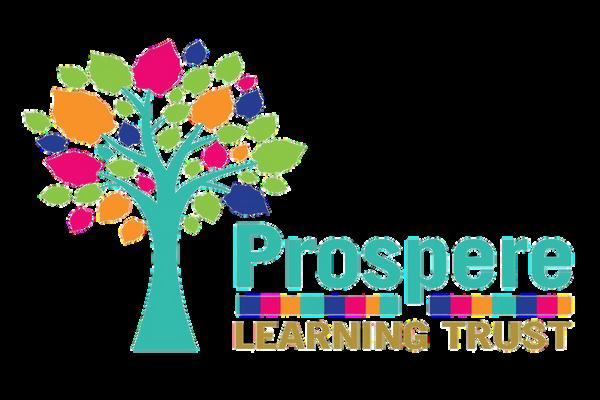
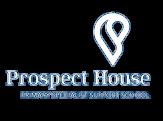
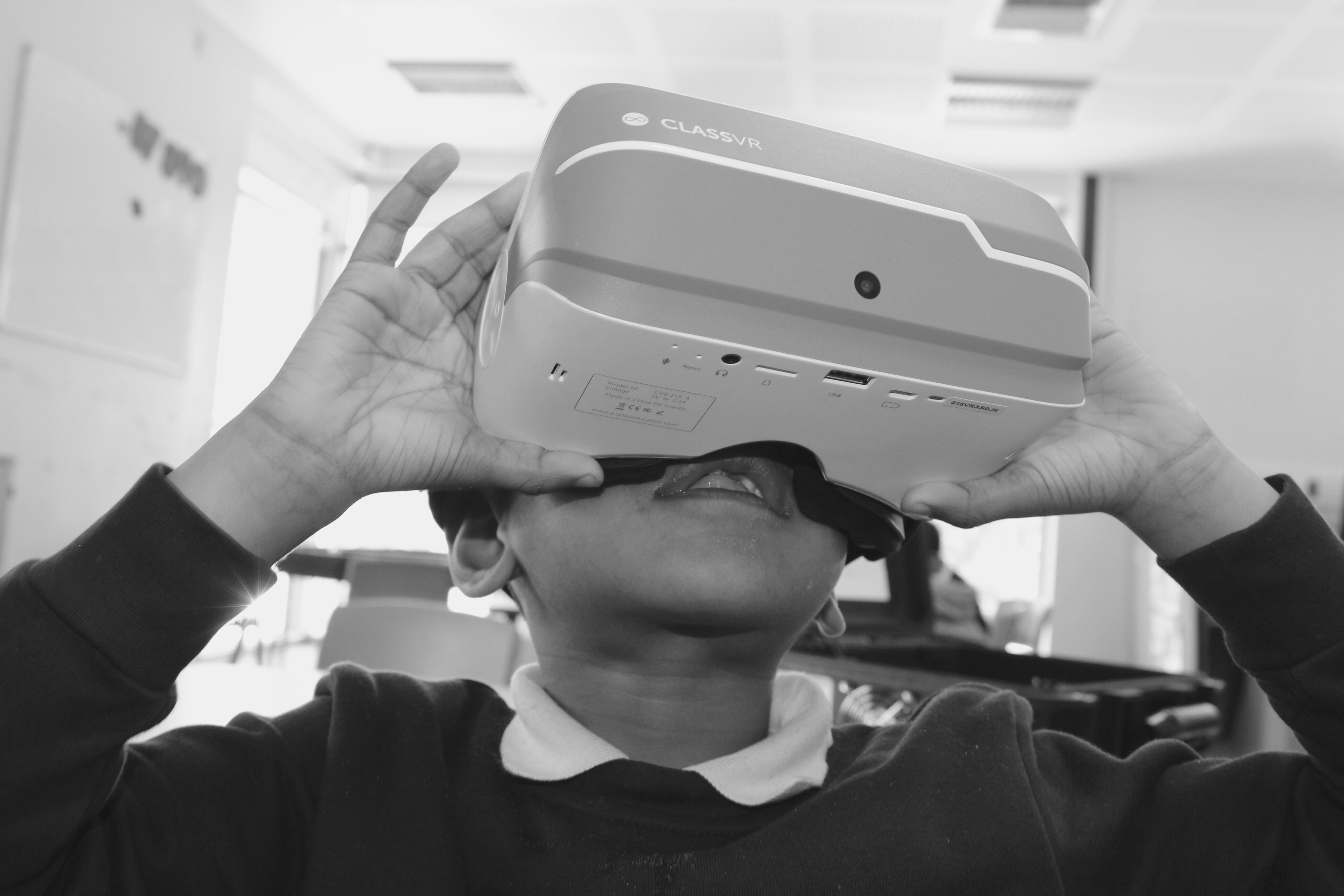
Contents
Welcome
Our Aims
School Information
Governance
Admissions
Transitions
The School Day
The 'Know More, Remember More' Curriculum
Parental Information
Reporting to Parents
Attendance
Reporting an Absence
Transport
Early Years Foundation Stage (EYFS)
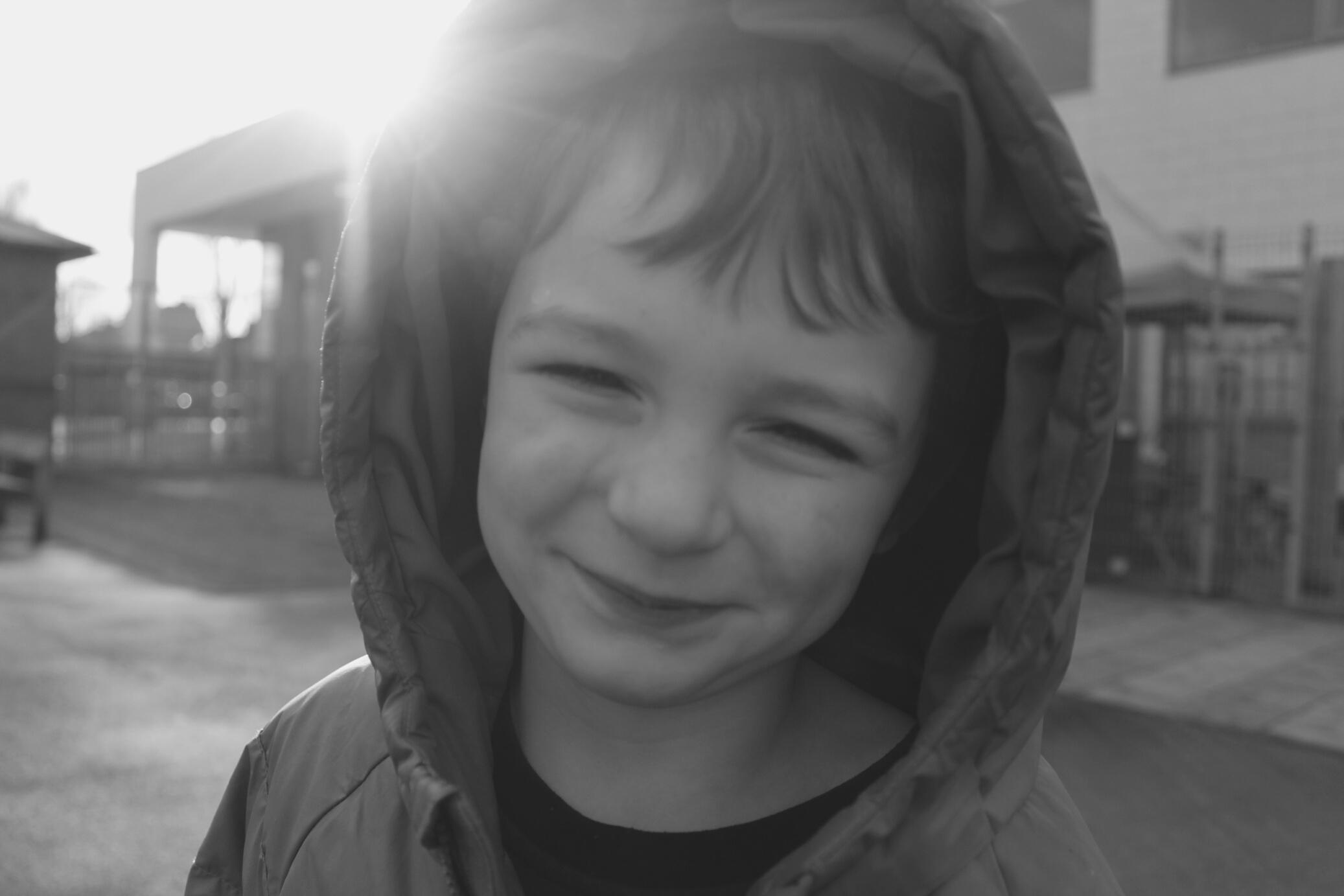
Key Stage 1 & 2
Access Groups
Special Educational Needs

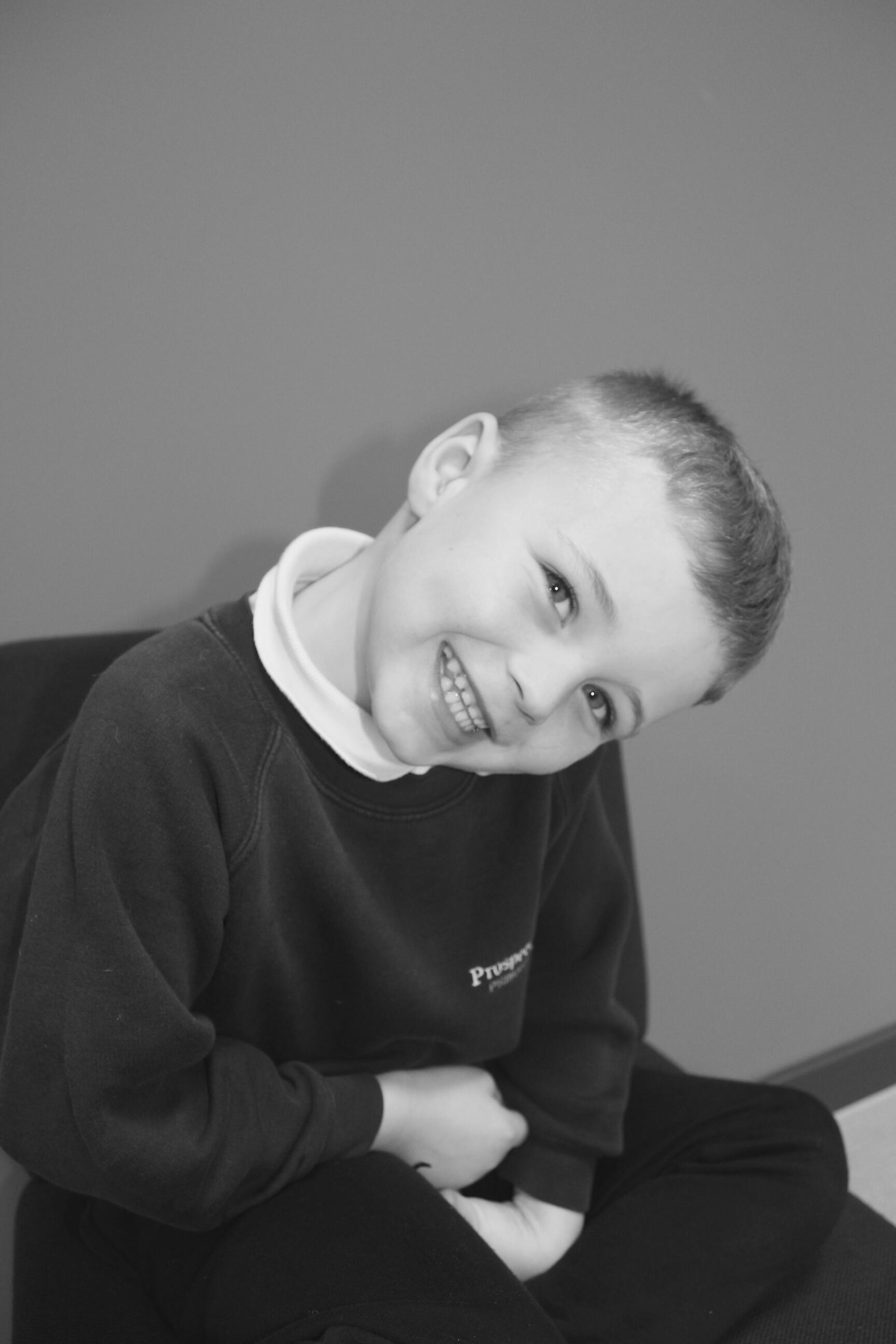
Individual Education Plans
Religious Education/RSE
Complaints Procedure
Safeguarding
Dear Parents and Carers, I am delighted to welcome you to our community and share the information about our school with you in this prospectus. Our aim is to work in partnership with yourselves to provide the very best education and outcomes for your child. We ensure that through this partnership each child will achieve their potential and make outstanding progress. The organisation of our inspiring curriculum reflects the needs of all children and this prospectus has been designed to help you find out more about the way our school works. I hope that you will find it informative and it provides you with lots of useful information.
At Prospect House, we have state of the art facilities which provide an environment suitable for the learning needs of all our children.
At Prospect House, every child matters and our relationship with yourselves, and working in partnership, is of paramount importance.
We strongly believe your child will prosper at Prospect House and will benefit from our curriculum offered and the vast range of activities we provide. We hope that you will join us in helping make your child’s education a positive and successful experience and together we will achieve the very best outcomes for your child.
Warm regards,
Tracy Gallier Headteacher
School Information
Prospect House Primary Specialist Support School
Bank House Road
Higher Blackley
Manchester
M9 8LT
Email : admin@prospecthouse.school
www.prospecthouse.school
Twitter: @prospecthouse
Type of School: Academy
Age Range: 3 - 11
Chair of Trust: Jenny Andrews
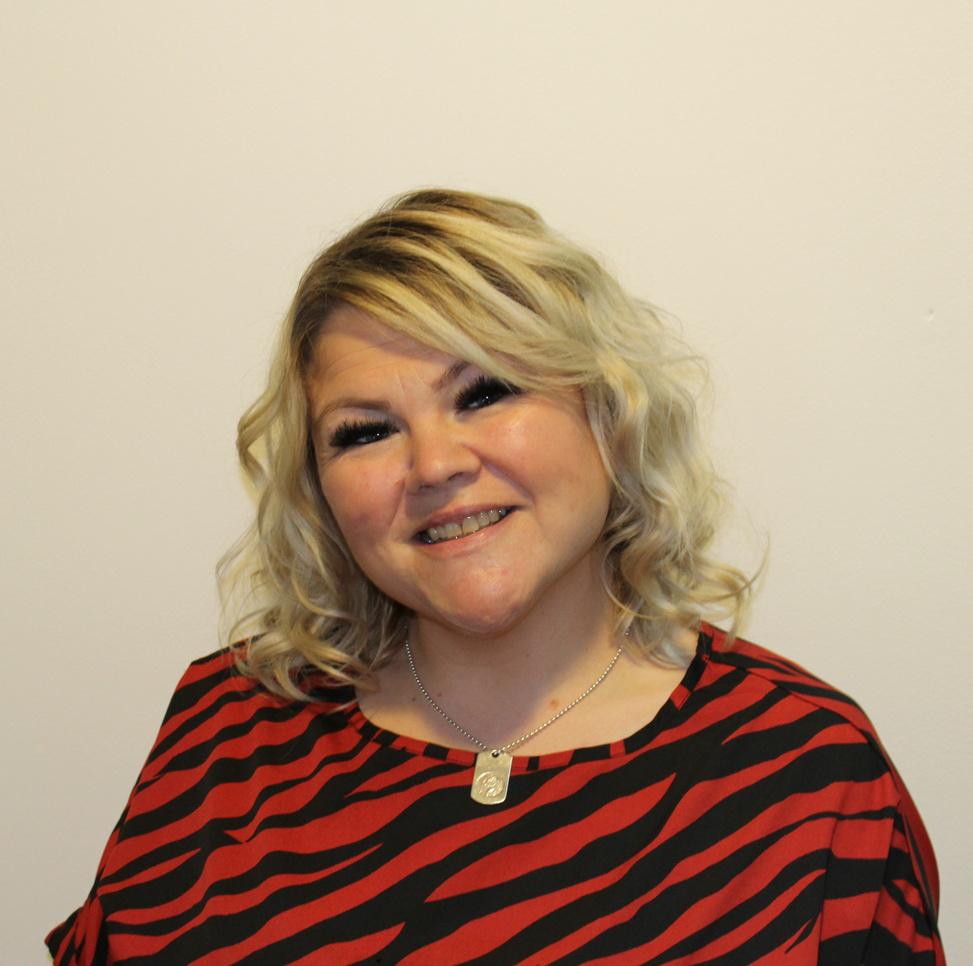
Headteacher: Tracy Gallier
Deputy Headteacher: Robin Anthony
Deputy Headteacher: Millie Gleeson
Governance
Board of Members
Helen Jones, Liam Cowell,Aneez Esmail, Chris Gray
Board of Trustees/ Directors (Trust Board)
Jenny Collinson (Chair), Helen Jones, Beverley Ridyard,Amanda
Edwards, Mark
Brookfield, Dr. Ben Ramm, Olivia Clayton,Iain Ashworth, Graham
Whitham
Prospect House - Local Governing Body
Bernice Kostick (Chair)- Safeguarding Governor
Musibau Kaffo (Vice Chair) - Finance Governor/Community of Belonging
Lisa Taylor - EYFS Governor
Jen Sleight- Quality of Education Governor
Daniel Ridsdale - Quality of Education Governor
Stuart Harris - Behaviour/Health and Safety Governor
Aims
To promote the spiritual, moral, cultural development of children, providing an “I can do” culture that gives opportunities and experiences whilst encouraging lifelong learning.
To promote confidence, responsibility, success and a positive attitude whilst developing life skills and opportunities for living a full life in the wider community.
To provide a suitable, happy and secure work and play environment in which children develop their abilities and make progress according to their individual needs.
To acknowledge the uniqueness and intrinsic value of all children and staff in school.
To forge positive working relationships with parents and carers and encourage a partnership between home and school, involving parents and carers in all aspects and stages of school life.
To encourage children to pursue personal interests, to make their own choices and decisions so they can contribute positively to society, and have their skills and talents utilised in the community.
To develop skills and knowledge that would support children in lifelong learning.
To promote equal opportunities, embracing everybody regardless of disability, gender, race, age or sexuality.
To promote fundamental British Values as part of SMSC, PSHE and Citizenship
Admissions
Prospect House is a primary specialist support school offering places for children with Profound and Multiple Learning Difficulties (PMLD), Severe Learning Difficulties (SLD) and Autistic Spectrum Disorders (ASD) aged 3 – 11 years old. Admissions are controlled by Manchester Local Education Authority, and a child entering Prospect House will normally have an Education Health Care Plan. Anyone wishing for admission for their child will have to go through the SEN Department of Manchester LA. Admissions cannot take place without consultation with the local authority.
Transitions into School
For children with significant learning disabilities supported transition will be key to a successful transition both in to the school, and then subsequently beyond.
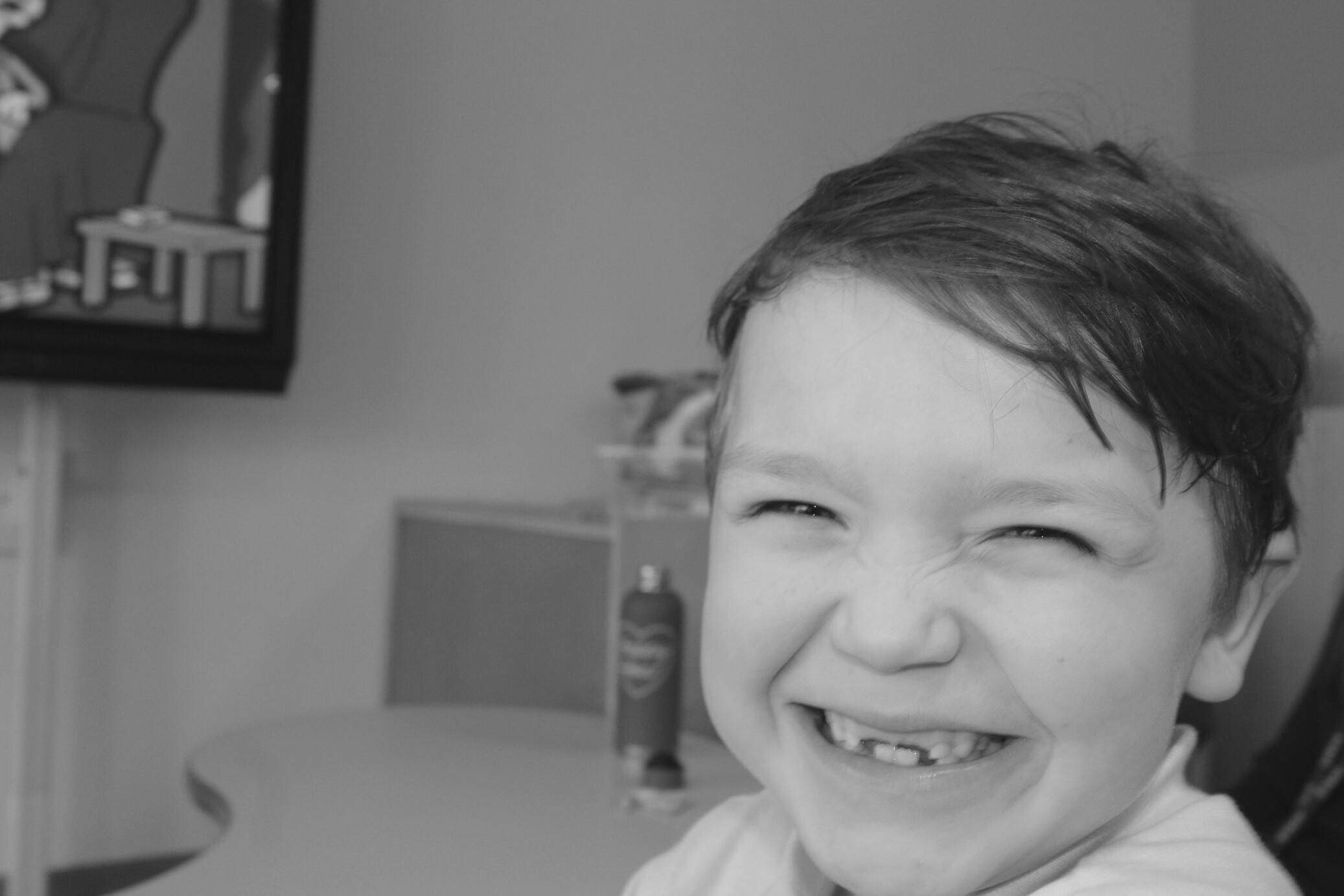
The needs of each child will be carefully considered to ensure that Prospect House can provide the right educational environment to meet their individual needs. Education, Health and Care Plans (EHCP's) will be carefully considered, taking into account prior levels of attainment if the child is to join during the school year, as well as additional needs. We will make opportunities to observe the children in their prior settings, and meetings with parents and existing teachers/other professionals.
Once it has been agreed that the school can provide the right educational offer for a child, a transition program will be put in place. This will allow visits to Prospect House which will be supported by staff from their existing placement if they are currently attending one. New children to the school will be assessed to establish a baseline to ensure that all work is levelled appropriately and maximum targeted progress is achieved.
Transitions within School
It is equally important that the needs of the children, at the time of transition between Key Stages are taken into account. When starting in KS1, transition planning will be an integral part of the Annual Review process, where individuals needs will be discussed with children, their parents/carers and other professionals. Similarly, children will be supported when they move up from KS2 into secondary provision.

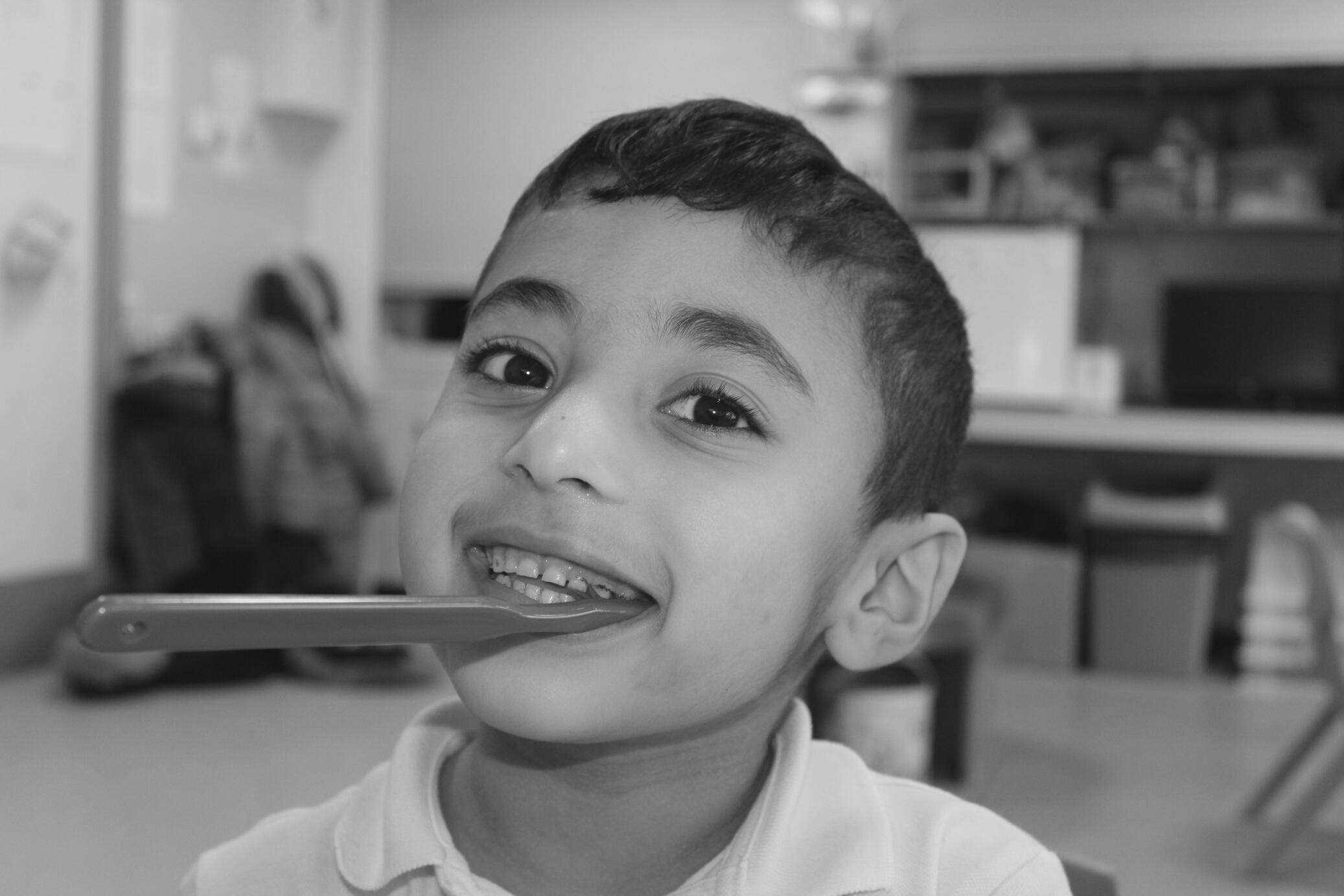
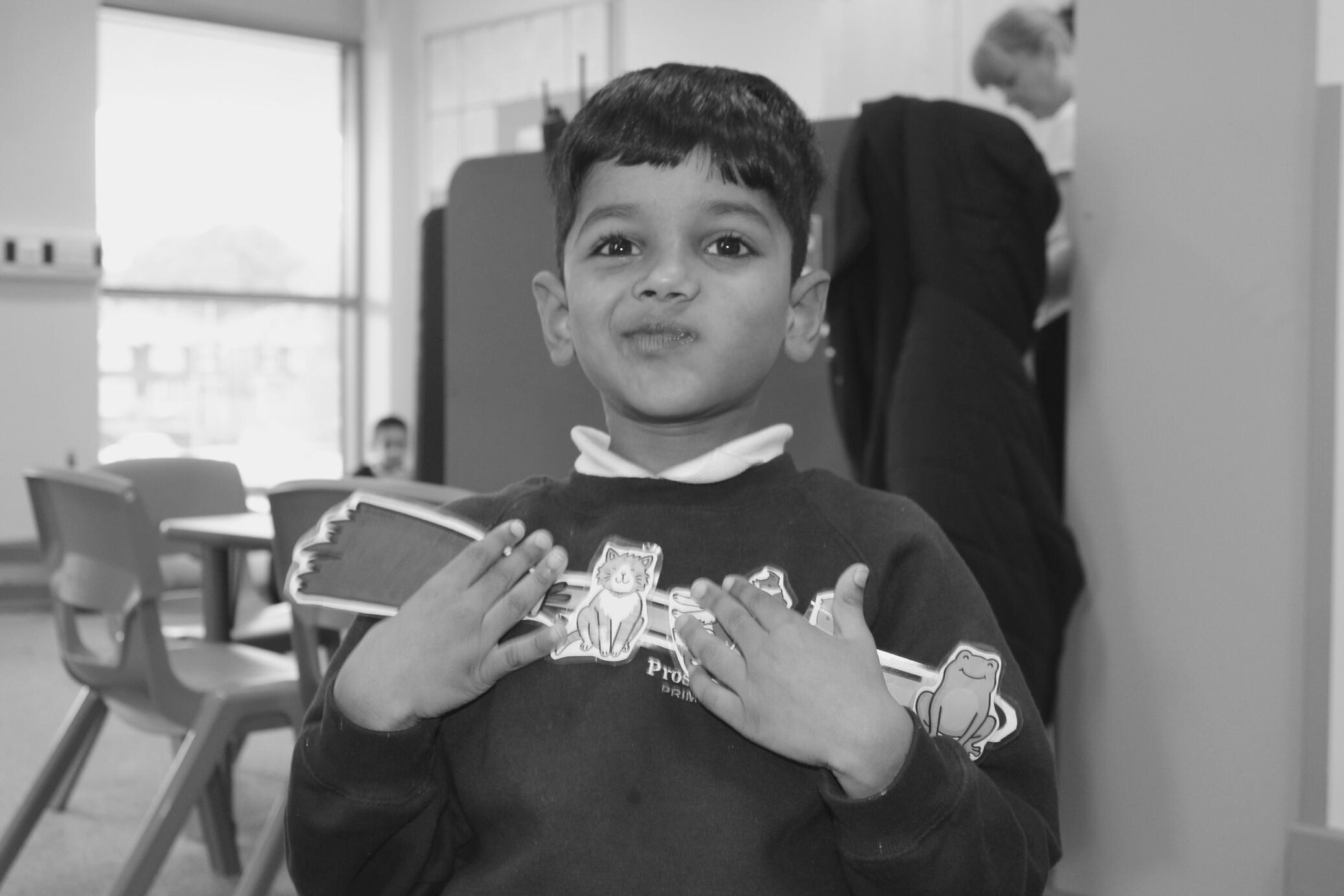
Transitions leaving School
The transition to secondary school will be well planned and structured, ensuring a seamless step towards the next chapter of learning. With our outstanding links with a range of schools within the city and Salford, we will support you to find the most suitable provision.
The opportunity of transition within the trust would provide a unique pathway for our children, supporting a smooth and efficient move to the next stage of their learning and development. Relevant staff from High schools will be invited to attend year 5 EHCP reviews. In addition, all parents are invited, during the year 5 review, to visit their high school. These visits are an opportunity for parents to get a view of the school and provide opportunities for discussion.
In the summer term, during year 6, children undertake a transition programme with a series of visits with staff to their new setting, meeting other children and staff who will be with them in Y7 and getting to know the school facilities. For some children, individual transition is arranged over longer periods.
Term Dates
Autumn Term 2023
Monday 4th September 2023 INSET
(School closed to students)
Tuesday 5th September 2023 INSET
(School closed to students)
Term starts:
Wednesday 6th September 2023 (students return to school)
Half term holiday:
Monday 23rd October 2023 to Friday 27th October 2023
Monday 30th October 2023 INSET (school closed to students)
Term starts:
Tuesday 31st October (students return to school)
Friday 24th November 2023 INSET (school closed to students)
Term ends:
Friday 15th December 2023
Winter Holiday:
Monday, 18th December 2023 – Monday, 1st January 2024
Spring Term 2024
Tuesday 2nd January 2024 INSET (School closed to students)
Term starts:
Wednesday 3rd January 2024 (students return to school)
Half Term Holiday:
Monday 19th February 2024 to Friday 23rd February 2024
Term starts:
Monday 26th February (students return to school)
Spring Holiday:
Monday, 1st April 2024 – Friday, 12th April 2024
Summer Term 2024
Monday 15th April 2024 INSET (school closed to students)
Term starts
Tuesday 16th April 2024 (students return to school)
May Day Bank Holiday - Monday 6th May 2024
Half term holiday:
Monday 27th May 2024 to Friday 31st May 2024
Term starts:
Monday 3rd June 2024
Friday 28th June 2024 INSET
Term ends:
Friday 24th July 2024
The School Day
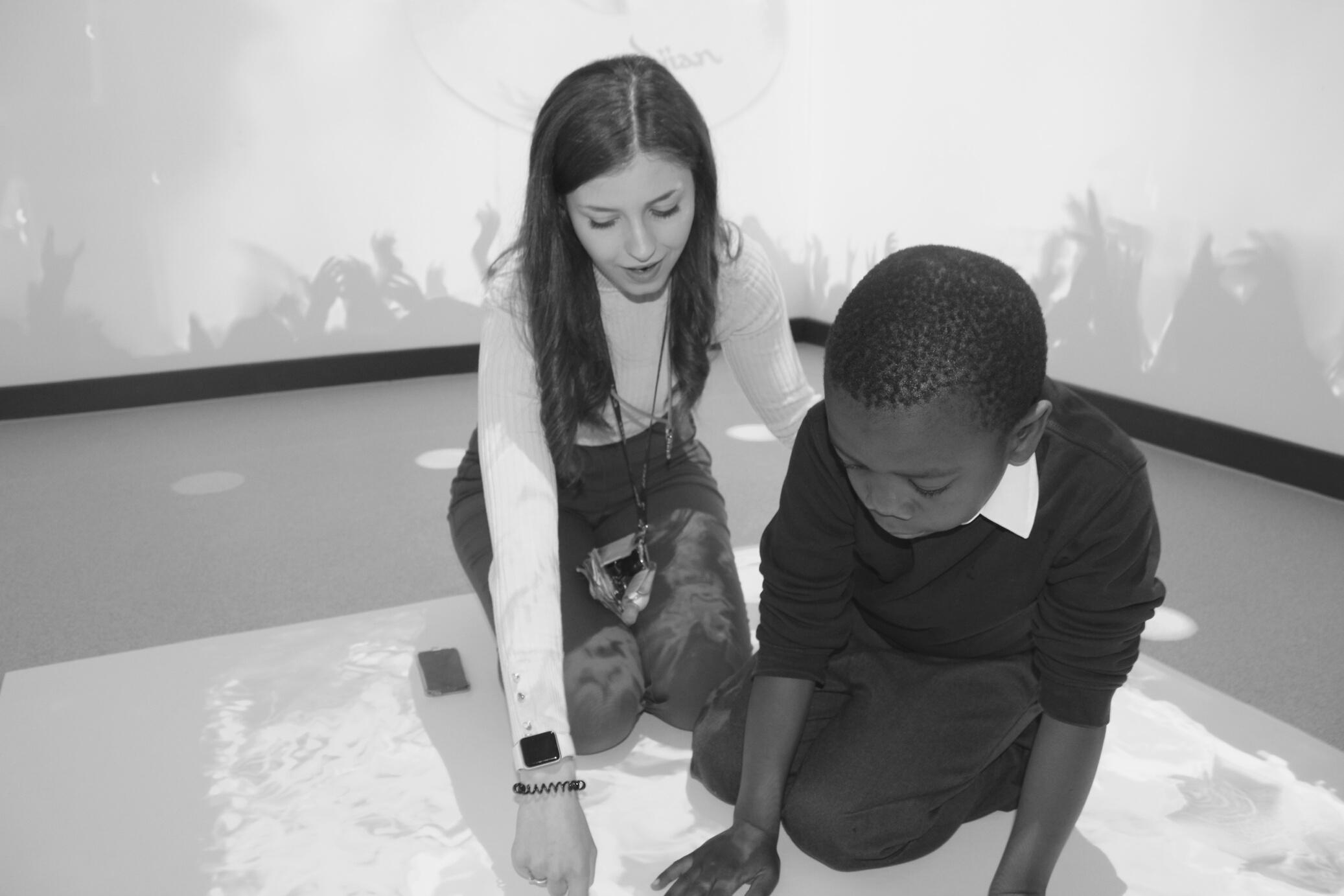
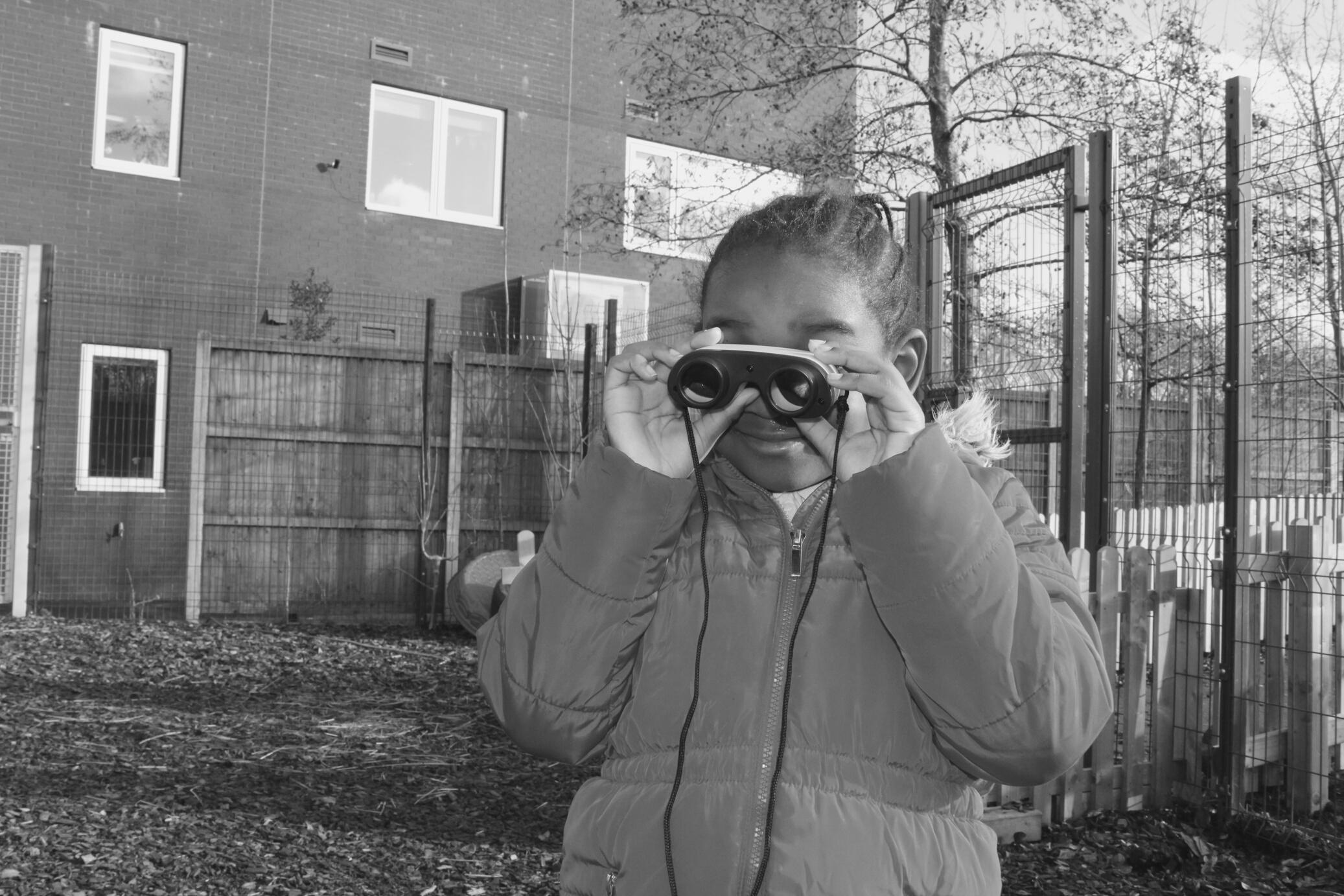
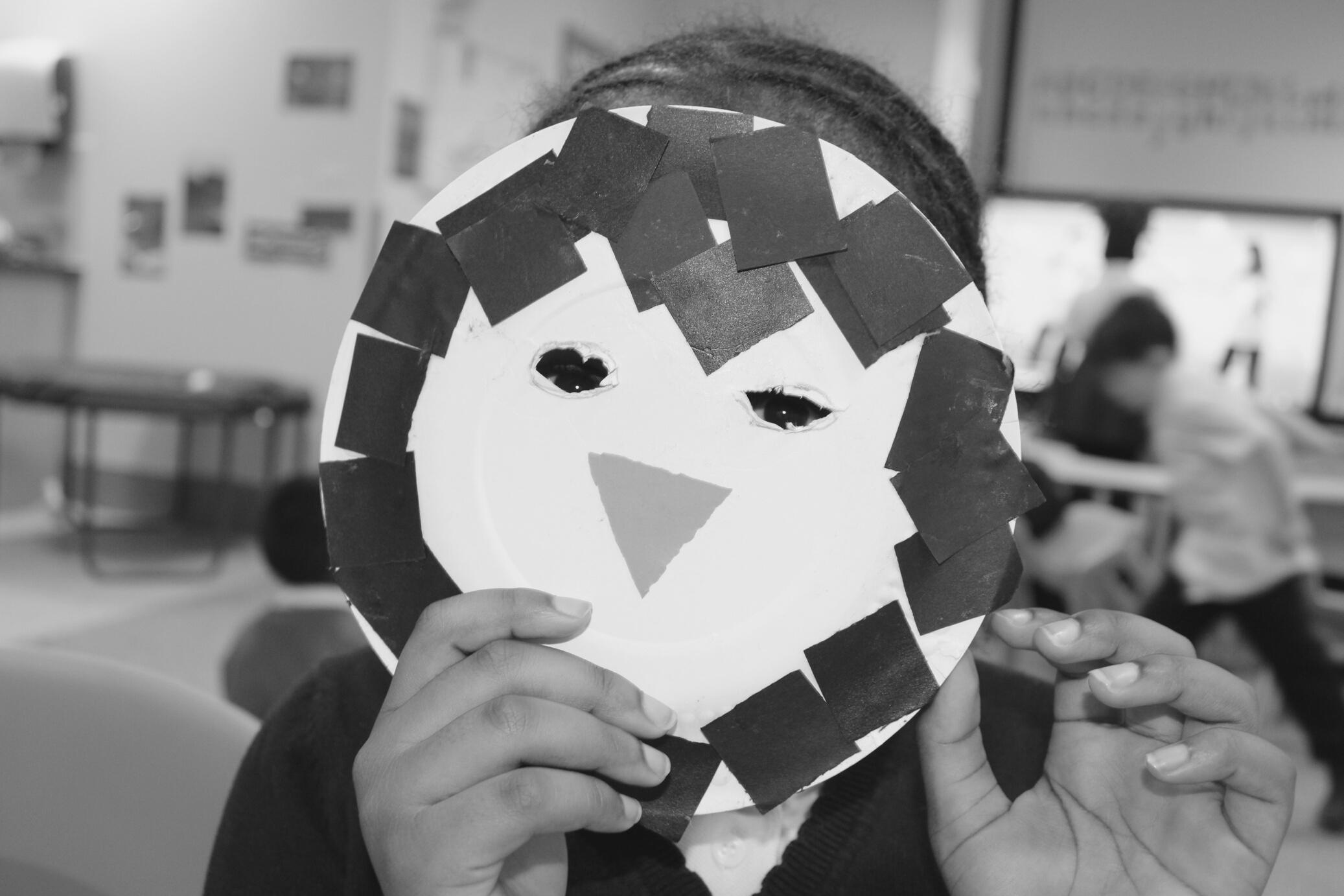
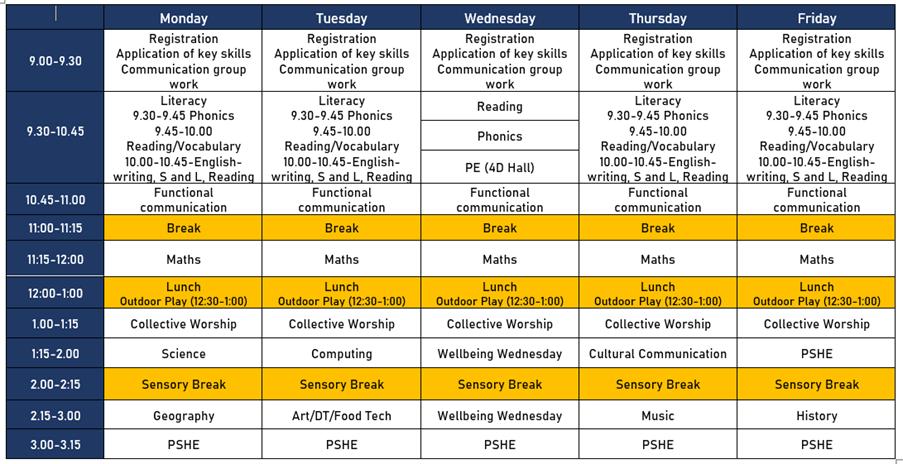
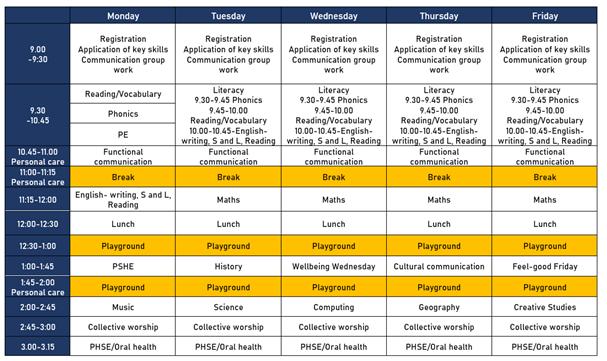 Example EYFS Timetable
Example KS1 Timetable
Example EYFS Timetable
Example KS1 Timetable
The ‘Know More, Remember More’ Curriculum


The “Know more, Remember more” curriculum allows for subject specific skills to be built upon as part of a spiral curriculum. The curriculum is split into 2 halves.
The intent for our curriculum is simple; we want our pupils to know more and remember more. This allows our pupils to achieve any ambition they may have, to reach their chosen destination when they leave Prospect House and to lead a life brimming with success, happiness and fulfilment. Our pupils develop the widest breadth of knowledge possible. The content ensures full coverage of the National Curriculum plus much more! From the life span of a stegosaurus to the history of football, from making a Greek salad to cooking with basic rations, from orienteering to yoga, our pupils know it all! The huge amount of content has been carefully chosen by our skilled subject leaders to ensure that pupils learn about the most exciting, the most interesting, the most surprising and critically the most relevant content that will enrich their life and inspire a life-long love of learning.
However, in order to learn about such a vast array of topics it is vital that this is supported by a deep understanding of the skill needed to become experts within these subject areas. You cannot become a historian without understanding chronology, you cannot become a scientist without being able to observe, and you can’t become a philosopher if you can’t question! Therefore, pupils develop a very specific set of skills in each subject area that allow them to become the geologists, composers, poets, sportspeople, mathematicians and all round great citizens of the future! The key to our fantastic Know More curriculum is the well thought out sequencing by our subject leaders. The content plans are designed so that vital knowledge and vocabulary are the golden thread that ensures prior learning is built on term by term, year by year, building a wealth of core knowledge that pupils can draw upon to construct schemas of knowledge.
We value deeply the community we live in and we love the fact that we have a hugely diverse range of backgrounds, cultures and values right on our doorstep! We have designed our curriculum specifically to ensure that we utilise all that our wonderful community can give us and that we can give back in return.
Support for Learning
At Prospect House we work with a range of professionals to develop our specialist offer. This includes Speech and Language Therapists, Occupational Therapists, CAMHS, Horticulture Therapist and Music Therapists. The priority for the joint working is the development of the Wave 1 provision on offer to all pupils— this can be in the form of training, development of classroom learning environments, development of shared spaces such as playgrounds, Immersive learning environments and Forest school. Some pupils will access support at Wave 2 and a small number of pupils will access support at wave 3. Both wave 2 and wave 3 provision are time limited.
Wave 1—Universal
Quality First Teaching— this is specialist teaching with a bespoke curriculum and assessment system. All pupils have access to the schools specialised wave 1 offer. Professionals such as Speech and Language Therapists and Occupational Therapists support this offer through training, teaching and learning/curriculum development.
Wave 2—Targeted
Small group interventions. Pupils in these sessions will be working towards set outcomes. Pupils will be identified from data analysis including pupil progress information. Examples include handwriting, Lego therapy, reading and social thinking groups
Wave 3—Specialist
Highly personalised interventions and assessments, lead by a specialist. A small number of pupils each year will access support at this level.
Occupational Therapy
An occupational therapist can provide therapy and specialist equipment to help your child manage or improve specific difficulties. This can range from exercises to help with handwriting, through to teaching basic tasks such as teeth brushing to children with developmental delay. The aim is to maximise a child’s potential ability and increase independence. All staff at Prospect House are highly trained in a variety of sensory integration and sensory diet techniques.
Speech and Language Therapy
A Speech and Language Therapist works on developing a child's understanding and use of language. Children who attend Special Schools often use a variety of methods to enable them to develop maximum understanding and communicate with those around them. This includes using objects, photographs, symbols and speech. All staff at Prospect House are highly trained in a variety of communication techniques and this links in with our Total Communication Policy
Music Therapy
Music therapy is a method of creative communication which takes place within a therapeutic relationship developed over a series of regular sessions. These sessions can be 1:1 or in a group environment. Music is essentially a social activity which involves communication, listening and sharing. A music therapist is trained to observe the underlying needs and behaviours of the child. It is often used when verbal skills are limited due to physical or learning disability. Through working together in a safe environment, the creation of a place to explore and express feelings is nurtured.
Mental Health and Emotional Wellbeing
At Prospect House, we are committed to supporting the emotional health and wellbeing of our pupils.
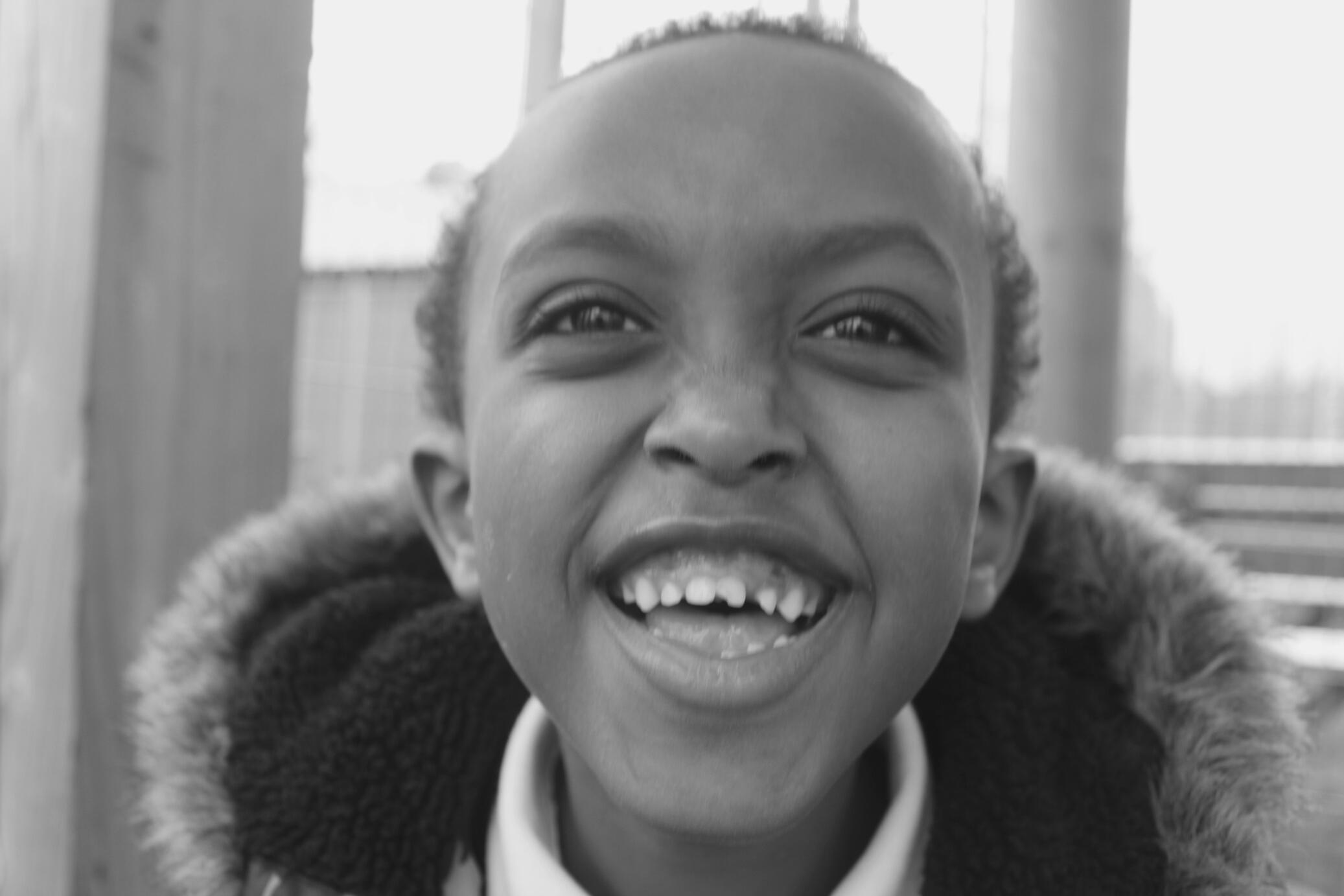
We have a supportive and caring ethos, and our approach is respectful and kind, where each individual and their contribution is valued.
At our school we know that everyone experiences life challenges that can make us vulnerable and at times anyone may need additional emotional support. We take the view that positive mental health is everybody’s business and that we all have a role to play.
At our school we:
help children to understand their emotions and feelings better help children feel comfortable sharing any concerns or worries help children socially to form and maintain relationships. promote self-esteem and ensure children know that they matter. encourage children to be confident and ‘dare to be different’ help children to develop emotional resilience and to manage setbacks.
We promote a mentally healthy environment through: We pursue our aims through:
Promoting our school values and encouraging a sense of belonging.
Promoting pupil voice and opportunities to participate in decision-making
Celebrating academic and non-academic achievements
Providing opportunities to develop a sense of worth through taking responsibility for themselves and others
Providing opportunities to reflect.
Access to appropriate support that meets their needs
Universal, whole school approaches
Support for pupils going through recent difficulties including bereavement.
Specialised, targeted approaches aimed at pupils with more complex or long-term difficulties including attachment disorder.
The skills, knowledge and understanding needed by our students to keep themselves mentally healthy and safe are included as part of our developmental PSHE curriculum.
Therapy Animals in School
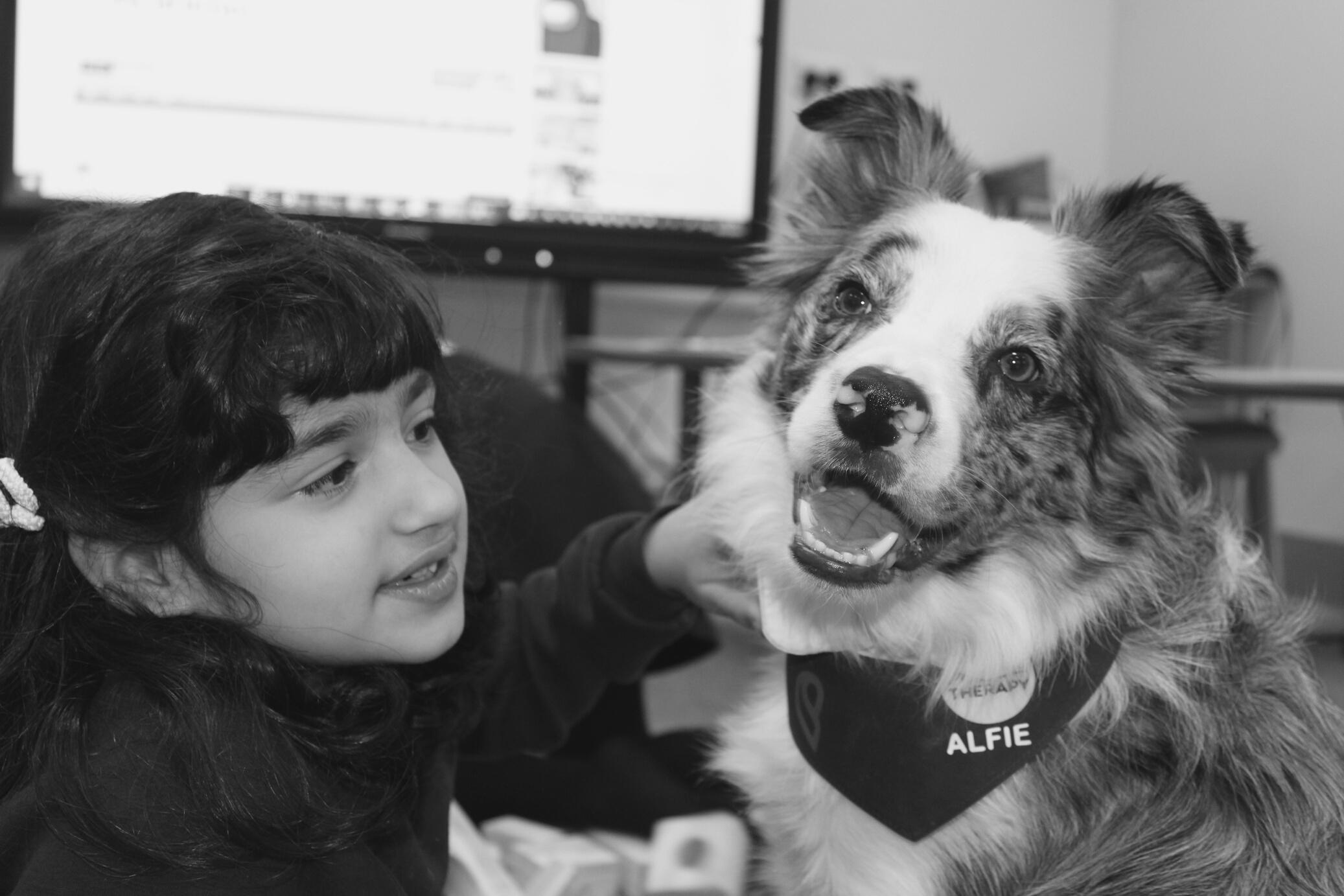
We are delighted to inform you that we plan to introduce a number of therapy animals and at this time we currently have a therapy dog in school to provide therapeutic interventions and to support pupils with reading activities. There is a wide range of research and evidence to support the use of a therapy dog in school.
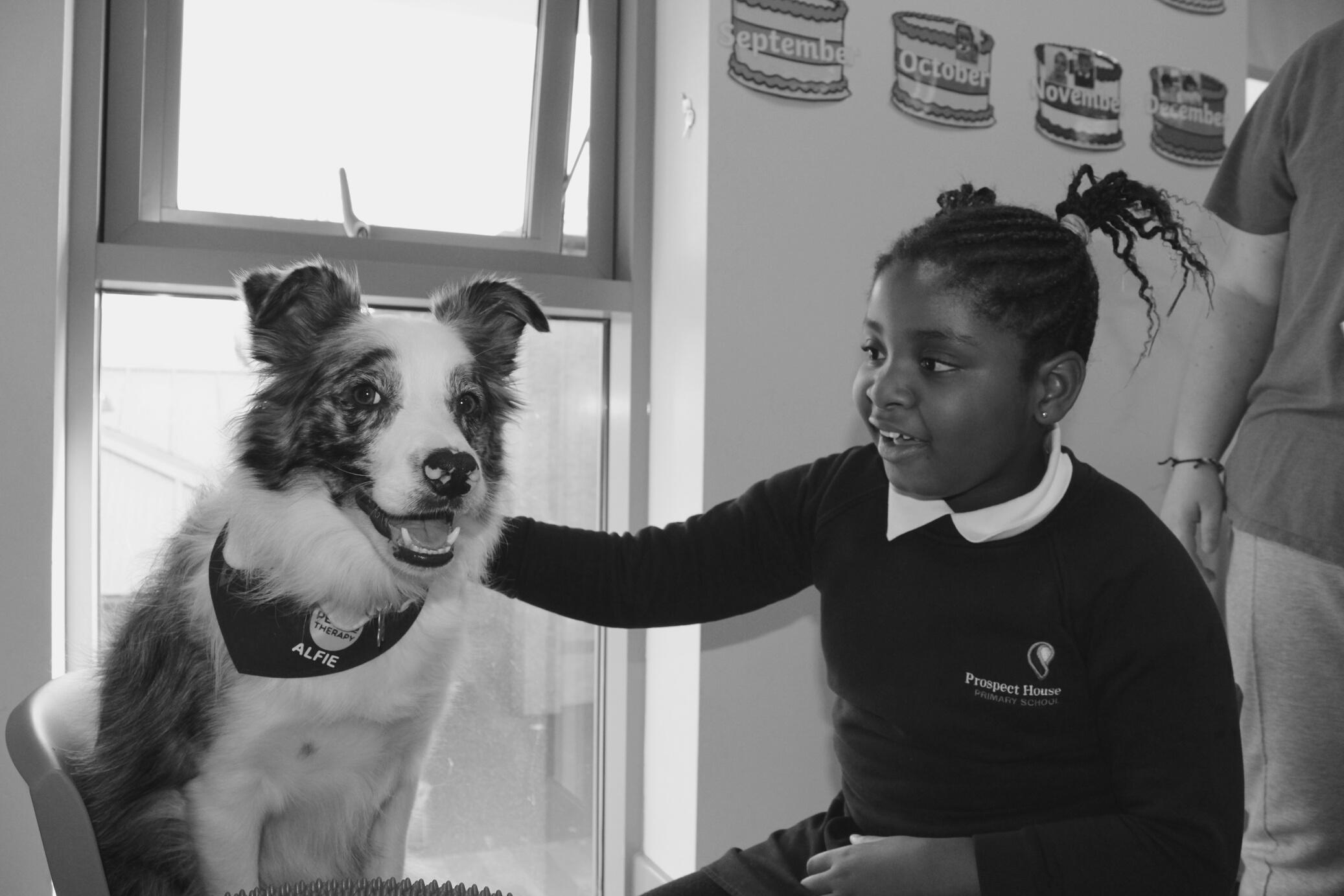
This research includes:
A positive impact on the mental health of pupils and staff
The development of confidence in reading of those who find reading out loud difficult
The development of communication and social skills
Developing an increased understanding of responsibility and care for animals

As a reward incentive for positive engagement and behaviour in school
The opportunity for pupils to participate in extra-curricular activities to gain a qualification in animal care
The dog we have chosen belongs to one of the Deputy Headteachers, Robin. He is a Blue Merle Border Collie called ‘Alfie’. This breed has been chosen due to the socialable and friendly nature of the breed. Alfie continues to undergo training He will be fully insured to work in school and with our pupils. Working with our therapy dog is entirely optional and you and/or your child can choose to opt out by letting us know.
We are sure you will agree that this is a fantastic opportunity for our pupils and we are looking forward to developing Alfie’s role in school. If you have any queries/concerns, please do not hesitate to contact us.
Parental Information
We believe co-operation and discussion between parents/carers and staff is essential, and that establishing an effective partnership between home and school will give each child the maximum opportunity for development.
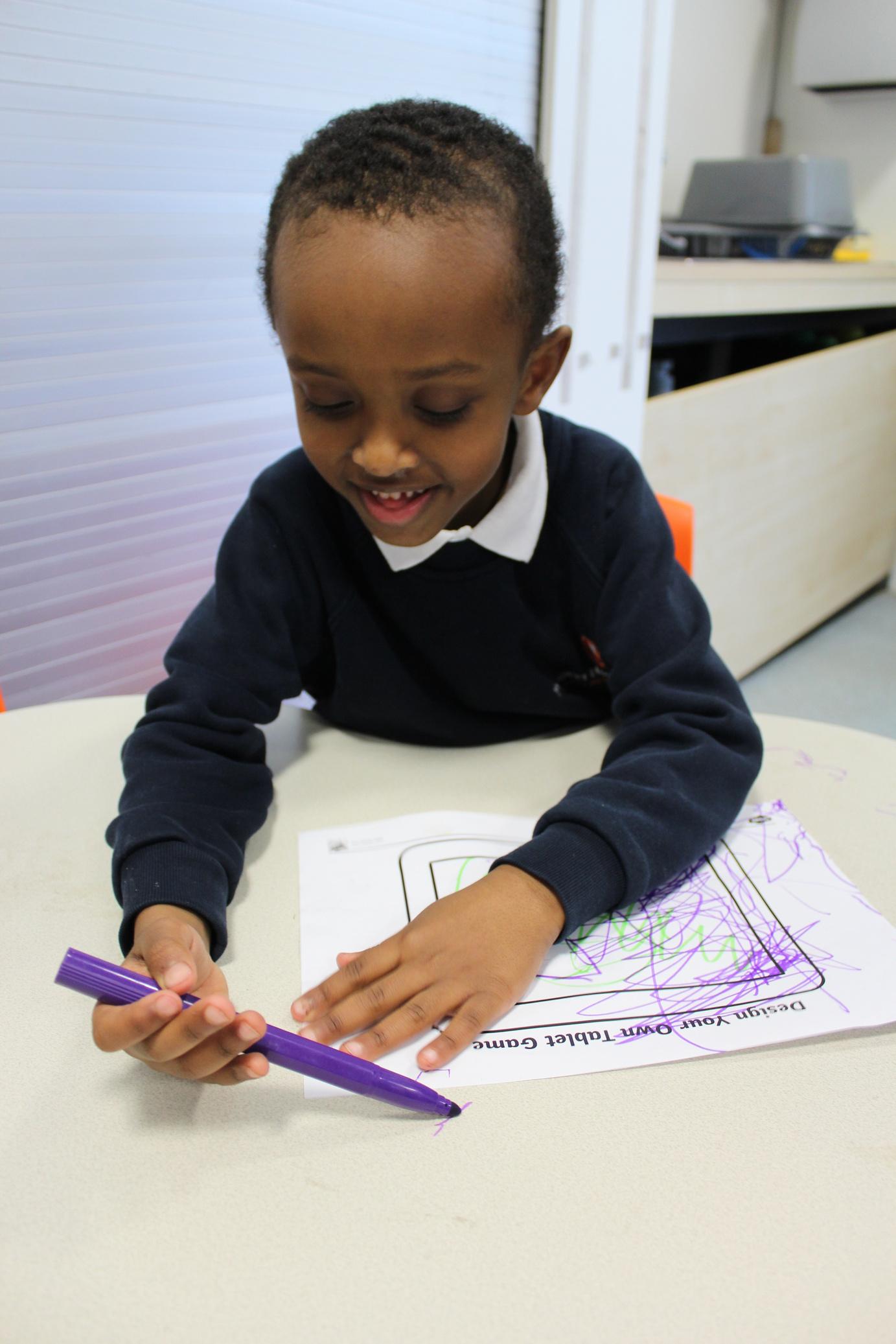
Your child will have a virtual learning proforma on Seesaw that will be communicated throughout the week by a member of their class team. You can use this system to communicate with your son or daughter’s teacher. Seesaw should provide you with immediate information about your child’s progress and well-being. A newsletter will be sent home to parents and carers at intervals throughout the year. This will contain information about events, together with contributions from the children. Contributions from parents to the newsletter are also welcome. There will be many events in school during the year, to which parents and carers will be invited. Parents and carers will always be welcome to visit the school.
Reporting to Parents
Autumn Term - Within the autumn term, parents and carers will be invited into school to discuss their child’s EHC plan and progress they are making towards achieving their objectives. Learning objectives, Key Skills and IEP’s will be reviewed for the forthcoming year together with the senior leader and main teacher. At the end of term, targets and evaluations for the core subjects will be completed ready to be sent home early in the spring term. Where appropriate, work that shows a child’s achievement against their targets will also accompany the report.
Spring Term - An afternoon and early evening event will be held for parents and carers to come and discuss children’s progress in all subjects with subject teachers. Opportunities will be available to look at work done over the year, and to celebrate the progress. Evaluations of children’s work in core subjects will be completed at the end of the term to be sent home early in the summer term. Where appropriate work that shows pupil achievement against their targets will also accompany the report.
Summer Term - At the end of each summer term, a completed target booklet and photographic evidence showing your child’s progress and achievements will be sent home with an accompanying comment from the class tutor in the form of an annual report.
Attendance
Parents and carers of the children at Prospect House, who are of compulsory school age will be required to ensure that they receive sufficient full time education. At Prospect House we will do all we can to support school attendance and take seriously any issues that may lead to non-attendance. Good school attendance is essential to ensure that all children and young people make the most of the educational opportunities available and achieve their full potential whilst ensuring that all children stay safe. We believe this sets good habits for later in life, and ultimately if your child is not in school they cannot learn!
School attendance and the law
By law, all children of compulsory school age must receive a suitable full-time education As a parent or guardian, you have a legal responsibility to make sure this happens.
Children with below 96% attendance will be monitored by the Attendance Team.
90% attendance is equal to one day missed per fortnight
80% attendance is equal to one day a week or eight whole weeks (40 days) off school per year
80% attendance in years 1 – 5 equates to a whole year off school
New persistent absence guidelines
All children with below 90% attendance will be considered in persistent absence. If your child is in persistent absence you may be asked to attend regular attendance reviews and your child’s attendance will be closely monitored by the attendance team
The school’s responsibility
Schools have a legal duty to record the attendance of every child,or record them absent or late.
The register will be taken at the beginning of both morning and afternoon sessions.
If for any reason a child has an appointment to leave school during the day, school should be informed of this prior to the day. All class registers will be completed showing the exact reasons for a child’s absence.
All unexplained absences will be followed up and reported by the school to the Local Authority.
Your responsibility
How to help your child improve their attendance record:
Your child must come to school every day. Ensure that they arrive at school on time each day.
Try to make hospital, doctor and dentist visits outside school hours. Please inform school in writing of any appointments known in advance.
Don’t take holidays in term time – requests for family holidays in term - time will not be authorised
If something is stopping your child from coming to school, please let us know. Please contact the school on the first day of absence.
Reporting an Absence
School can only approve absences for children of compulsory age and not parents. Parents are expected to inform school of the reason for a child’s absence, on the first day when possible, either by telephone, by message through the bus escort, by written message or personal contact. If your child has transport, please also inform them.
If your child is ill, please notify the school of the nature of the illness and where possible when your child is expected to return. Medical appointments should be notified in advance where possible.
If your child is absent without explanation, the school attendance team will make contact with the parent or carer on the same day. Non-attendance is a safeguarding issue. If we fail to make contact, the absence will be followed up by a senior member of staff who may need to involve other agencies.
Leave of Absence in Term-time
We ask parents and carers to think very carefully about taking their children out of school during term-time unless there are very exceptional circumstances. It is important that you are aware that parents do not have a right to take children out of school in termtime. If there are exceptional circumstances, then a written request addressed to the Headteacher is required. You may then be asked to meet with a member of the Senior Leadership or Attendance Team to discuss your request. Please make sure the leave is agreed before making any arrangements.
Parents need to be aware that if they take their child out of school without agreement from the Headteacher:
They can receive a Penalty Notice of £60 rising to £120.
They can receive a court summons, which can lead to a criminal record and a fine.
Their child may be at risk of losing their school place.
The school authorises absences due to participation in religious observance by the religious body to which the parent belongs.
Children are encouraged to share their experiences as appropriate. The school operates an Attendance Monitoring Book that outlines all communication made regarding a child’s absence.
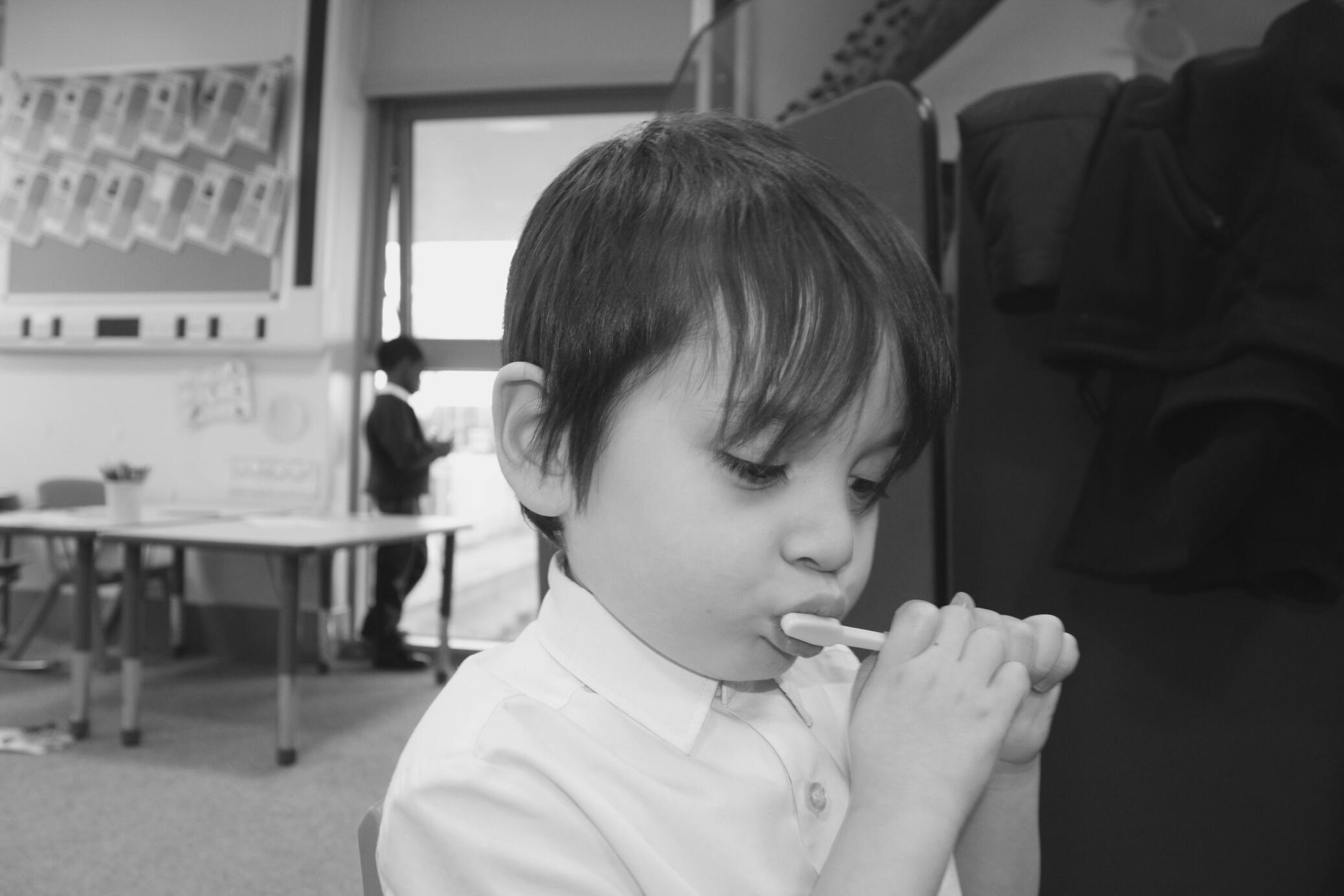
Transport
The transport department organises daily transport to and from school. This is a separate organisation to school and is the parents' responsibility to apply for transport. They also offer a travel training programme to enable our more able children to develop skills of independent travel, so they can learn to travel to and from school on public transport. Some children living near school are brought and collected by family members, and there is a room to wait with your child until 9.00am if you arrive early. Buses and taxis have a driver and an escort which provides a valuable link between home and school.
It is the parents’ responsibility to deliver the child to the vehicle, either at a pick up point or from home. The escort cannot leave the vehicle at any time. Similarly, at the end of the day, parents need to collect their child from the bus. They are given a maximum waiting time and are obliged to move off after this time to the next pick up. Drivers and escorts do their best to keep to the schedule, but are occasionally delayed by traffic conditions, breakdowns or weather. All families should have the mobile phone number of the escort.
If you wish your son or daughter to be dropped off at a different address after school, please arrange this with transport and let the school office know.
Transport telephone number - 0161 219 6400
Some children will walk to school or take public transport independently. They should arrive at the pupil entrance by 9.00am. Arrival and departure from the school site is part of our safeguarding procedure and senior members of staff are on duty each morning and afternoon to ensure safety at all times as attendance registers are completed

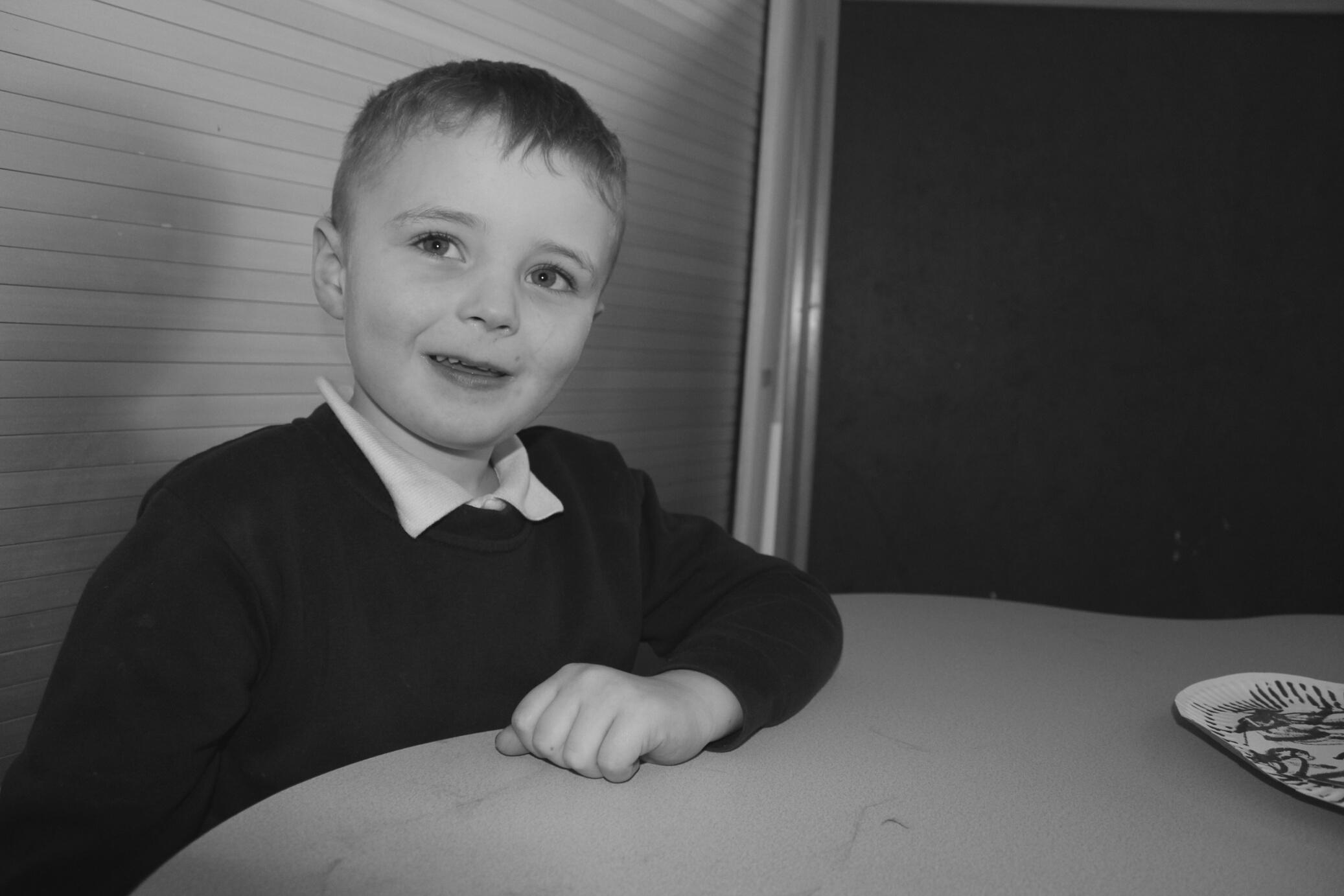
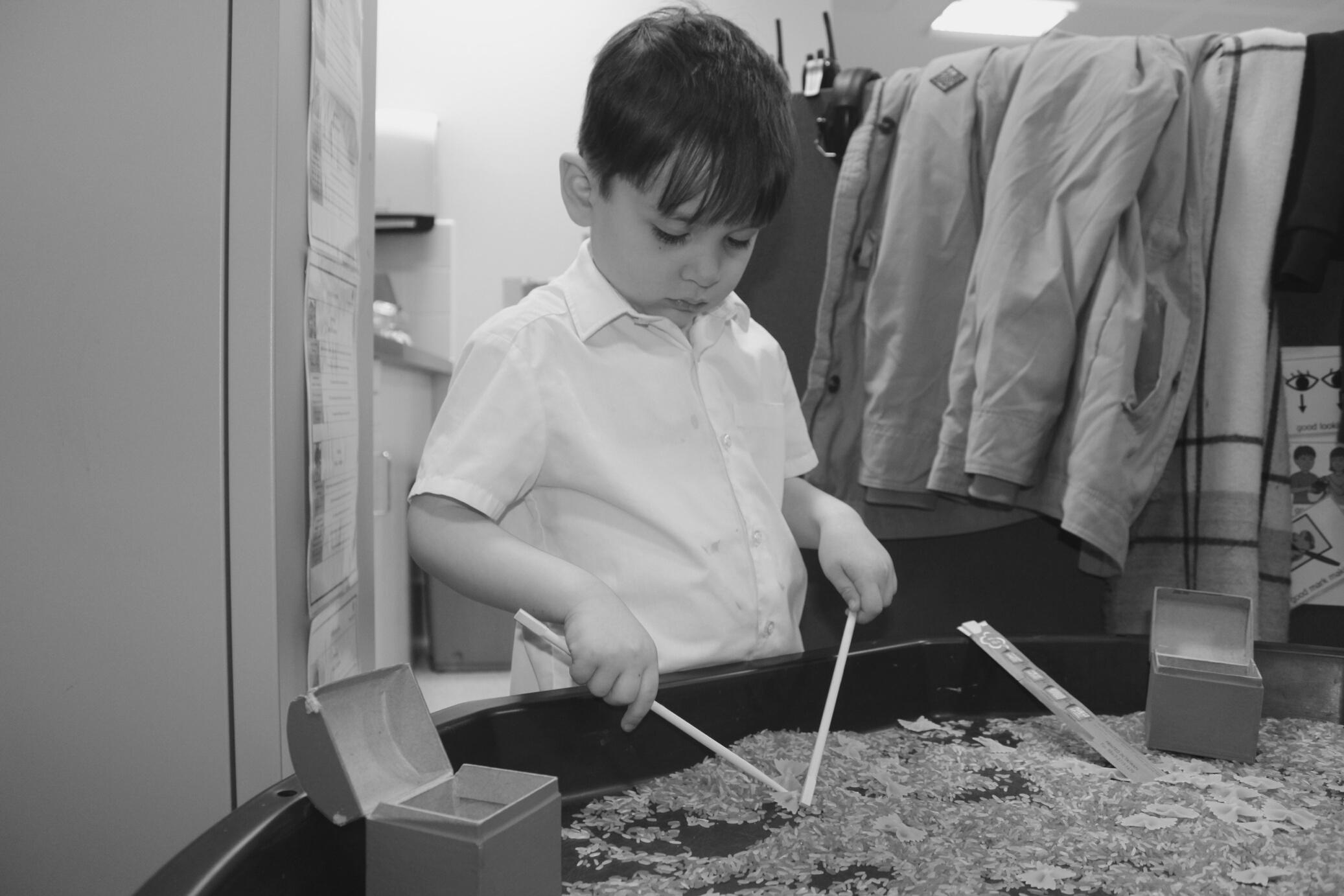
Early Years Foundation Stage (EYFS)
The Early Years Foundation Stage curriculum creates a structure that enables children to work through the various strands at an individual pace. The curriculum is structured into a two- year rolling programme of topics, delivering creative and inspiring themes through Nursery and Reception. It is supported by a wide range of enrichment activities, including off site visits, and possible visits to the school by a variety of organisations e.g. drama groups, visiting artists. We will make use of the local community facilities and the facilities within the City to enrich the curriculum offer. This will include using local sporting venues and leisure centres; the parks and visiting galleries and theatres, visiting sports coaches and competition events.
Children aged between 3 and 5 or those children in need of continued access to this curriculum, will be placed in EYFS. Our EYFS Curriculum follows the statutory framework, as outlined in the ‘ages and stages’ towards achieving the Early Learning Goals.
Our EYFS Experience
Children will follow a play- based, structured curriculum which offers a blend of purposeful play, self-initiated and adult- led activities, all of which provide intellectual stimulus and challenge - both inside and outside of the classroom.
Through purposeful play, children will have regular opportunities to explore, learn and make sense of the world. They practice and build up ideas, develop self-control, build social skills and understand the need for rules. There will be well organised classrooms with clear routines and structures creating a safe and secure environment in which children can grow in confidence to become independent learners.
Being active and healthy are important goals within our setting, so children are encouraged to participate in physical activities everyday such as cycling, climbing, taking part in co- operative parachute play and playing ball games.
Directed activities are linked to themes and topics and throughout the day, children are grouped for direct teaching sessions, either as a whole class, individually or in groups, for English, maths and phonics
EYFS / Key Stage One / Key Stage Two
We have high aspirations for all of the children and their progress will be assessed and tracked every half term. Challenging individual targets will be set based on previous progress and expectations outlined within Classroom Monitor. The curriculum will be matched to children’s individual needs. A flexible approach to the curriculum and the learning environments available will allow access to the most suitable groups.
For any children being considered as gifted and talented, in particular areas of learning, they will be provided with extended, personalised opportunities to suit their unique learning needs. If children are exceeding outstanding progress in 2 or more areas of English or Maths, they would have personalised work planned to stretch and challenge them. (For more specific information on data please refer to D2). Children, who have been identified, within the specific Maths and English strands, would then be targeted and have pupil progress targets set to maintain this ABOVE AVERAGE progress.
We will ensure that an emphasis will be placed upon developing communication and confidence, personal/social development and building self-esteem, self-confidence and promoting independence. We will develop the children’s play and co-operation skills; play being viewed as a vehicle for learning for all children.
In Key Stages 1+2, the children will begin to follow one of the 3 pathways:
The Experiential Curriculum: Connecting and Responding - PMLD: Assessment Levels 1-3
The Structured Curriculum: A Life-Skills Based Curriculum - SLD: Assessment Levels 3-6
The Independent Curriculum: An adapted National Curriculum, which emphasises life need -SLD: Assessment Levels 6+
Each child will have an individual support plan showing the areas of need, the support and resources given and level of professional support.
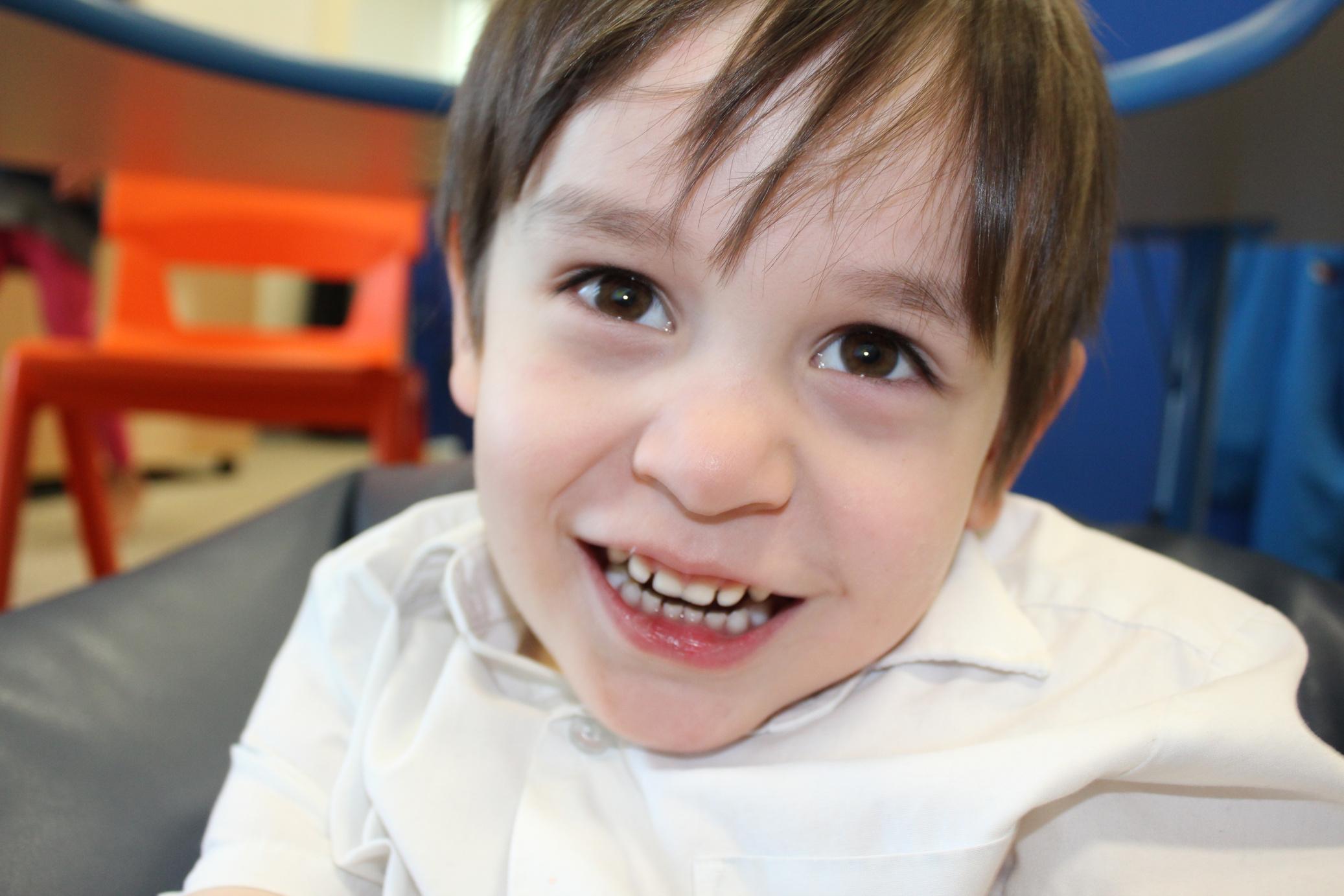
Organisation of the School
Experiential Learners Curriculum
These children will be taught in smaller groups with consistent staffing. We have a range of specialist teaching environments to support learning for this group, including specially designed sensory resource bases. The children will have access to all areas of the EYFS or National Curriculum and to our individual teaching rooms – where Maths, English, Computing and Science will be taught, following each child’s individual target. These sessions will be engaging, challenging and flexible enough to differentiate for all the individual needs, whilst ensuring the children have fun and are motivated to try again.
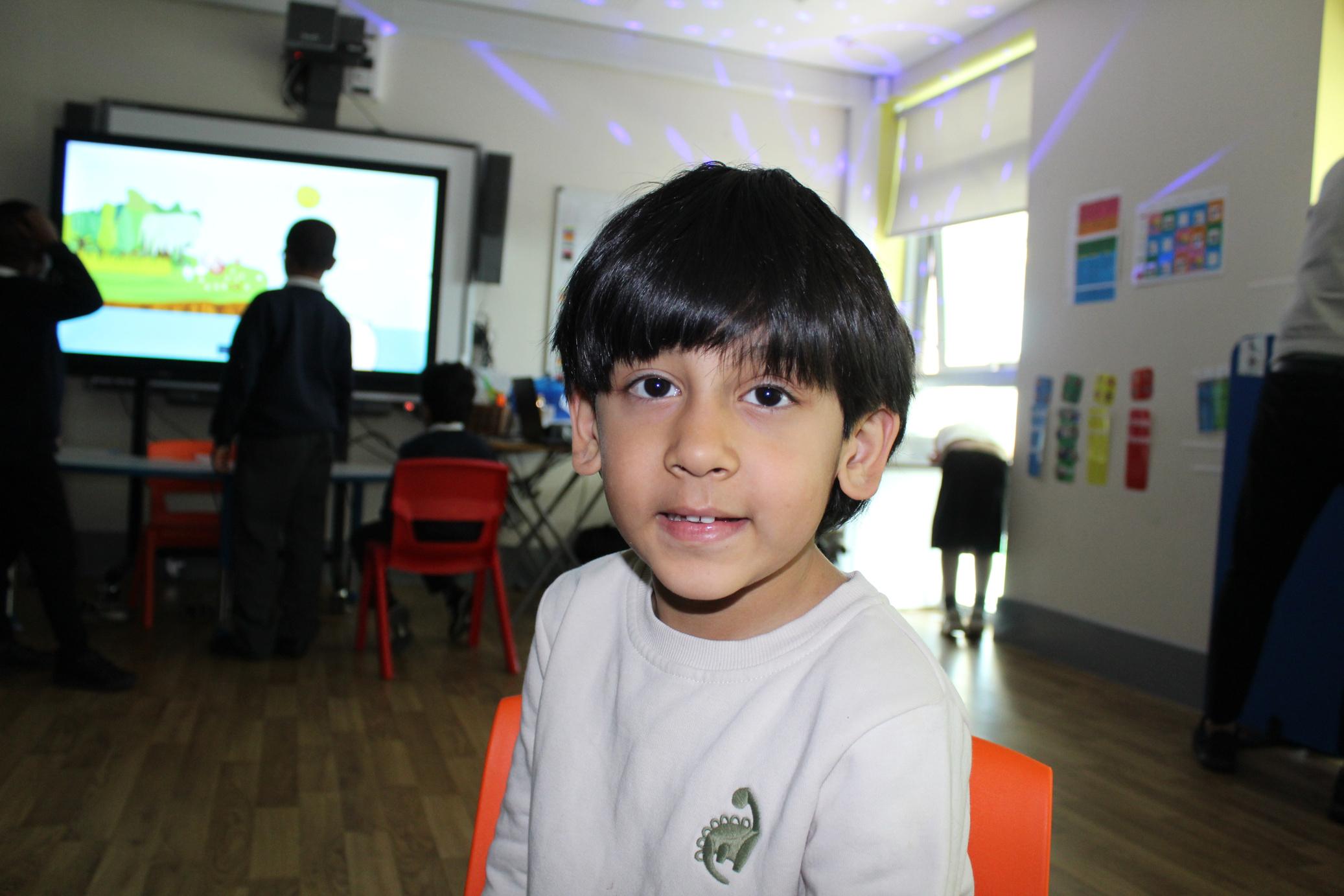
Structured Learners Curriculum
Those children working within the Structured Curriculum pathway have additional social communication difficulties; they need a distraction free learning environment which takes account of their need for structure and clarity. The majority of children are taught core skills (English, Mathematics, Science, ICT and PSHE), within an integrated lesson on four sessions over the week, using structured teaching approaches with an emphasis on independent working. Where appropriate, some children follow an individual timetable, using structured teaching. The children work in small groups for foundation subjects and their weekly timetable offers many opportunities for physical activity, including sensory integration sessions. Through the provision of a balanced curriculum within a secure, structured learning environment we seek to provide our children with the social and communication support to maximise their learning.
Independent Learners Curriculum
Independent learners follow the programmes of study outlined in the new national curriculum at all Key Stages. All national curriculum subjects are taught to all children, aimed specifically at their individual needs; each child receives a broad, balanced, relevant and differentiated curriculum. Children in these groups are likely to work in larger groups. They will have consistent staffing. The pupil groupings within each lesson are carefully planned to ensure access to appropriate resources and level of challenge.
Home Learning and the Role of Parents
We believe that for many children a small amount of homework helps to reinforce their memory and prevent a loss of skills. To accelerate the progress across school, homework will be available and encouraged for all children. For the children working at assesment levels 1- 3, the unit of work will be based on our SKILL curriculum. The SKILL targets that are set, are to be worked on in and outside of school, to help the children to develop the skills necessary to learn.
This unit of work will last for one term and will develop children’s skills in one of the areas of:
Curiosity
Control
Working together
For children working at assessment level 4+ a booklet will be provided with ideas at the child’s appropriate level to support their numeracy and literacy skills, to support transferring these skills to areas outside of the classroom. In addition to these activities, the child’s class teacher will provide worksheets to be completed to further accelerate learning where appropriate.
Special Educational Needs
At Prospect House we will aim to produce the highest quality of education for children aged 3 - 11 years experiencing severe and profound learning difficulties. Some of our children will also experience significant physical disabilities and sensory impairments, and/or have difficulties in the area of social and emotional development. Every child at Prospect House will have an EHC plan. The learning objectives described in the child’s plan will be reviewed each year at the Annual Review.
Individual Education Plans
Strategies employed to enable the child to progress will be recorded within an Individual Education Plan (IEP) that is linked to the EHCP. The IEP will include information about:
the short-term targets set for the child the teaching strategies to be used the provision to be put in place when the plan is to be reviewed outcomes (to be recorded when IEP is reviewed)
The IEP is a personalised plan, which will focus upon several individual targets that match the child’s needs and have been discussed with the child and the parents/carers. Wherever possible, the child will also take part in the review process and be involved in setting the targets. An EHC plan will be tailored to meet the particular needs of each child.
Religious Education
Religious Education will be an important part of the curriculum at Prospect House. The course will follow the National Curriculum guidance, which is multi-faith in character. Parents will be welcome to see the School’s scheme of work, which has been developed from the agreed syllabus.
Religious Education will be timetabled as a subject in its own right, and will be overseen by a subject coordinator. Full School assemblies will be held at least once each term, and parents will be invited to come along. A department assembly will also be held each week and a daily act of worship will take place by the tutor within the tutor group. Parents will be able to, if they wish, exercise their right to withdraw their son or daughter from religious activities.
Relationships Education, RSE, and Health Education
RSE will be an important part of the curriculum at Prospect House. The course will follow the new National Curriculum guidance which will focus on teaching the fundamental building blocks and characteristics of positive relationships, with particular reference to friendships, family relationships, and relationships with other children and with adults.
Complaints Procedure
The Education Reform Act (1988) requires the Learning Trust to have arrangements for receiving, investigating and resolving complaints about the school curriculum, religious worship and other matters. The first stage in any complaint is an informal discussion with the Head Teacher at the school. Full details of the complaints procedure are available from the School.
As a Parent or Guardian, you have the right of access to all documentation relating to your child, this includes the following documents:
School Curriculum Documents
National Curriculum Guidance
Any published reports by OFSTED or HMI which refer to the School
The arrangement for the consideration of complaints about the school curriculum
The Governors’ Annual Report
School policies on Religious Education and Sex Education
If you wish to see any or all of the above, please contact the Head Teacher.
Parents will be welcome to see the School’s scheme of work, which has been developed from the agreed syllabus.
Safeguarding
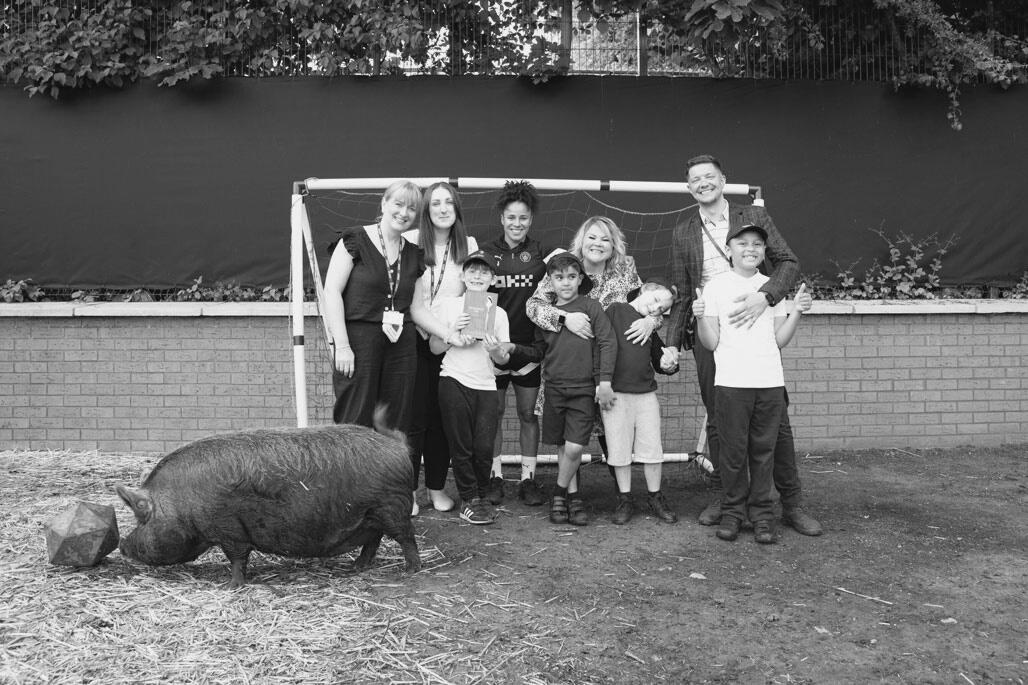
Schools have an important part to play in the detection and prevention of child abuse. Prospect House will have rigorous safeguarding procedures and all causes for concern will be acted upon immediately. Staff will receive regular training and updates on child protection protocol. All staff in school will have received clearance from an enhanced DBS check.
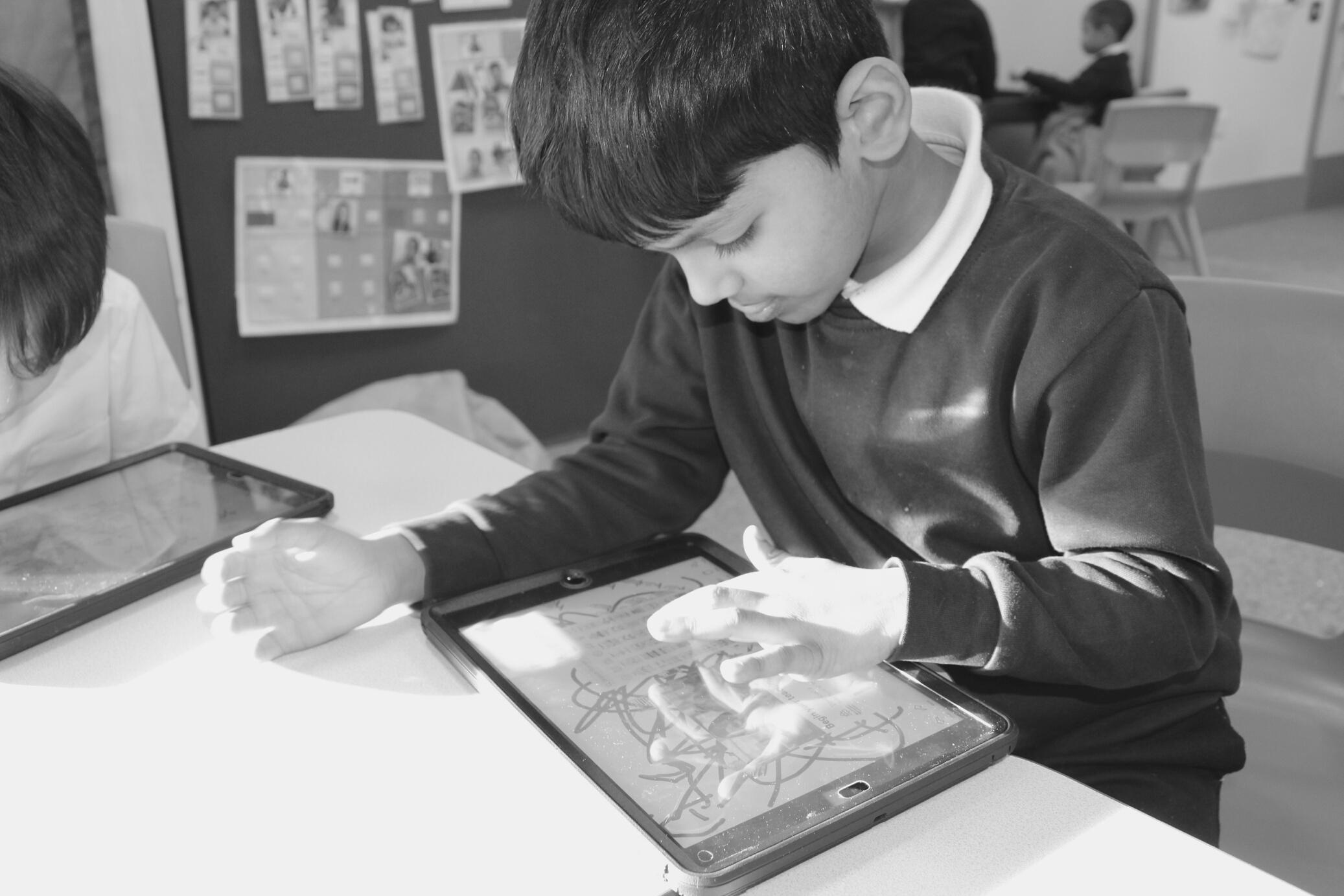
All visitors to school will be asked to sign in at reception, to wear a visitor’s badge, and to read the safeguarding leaflet.
All policies and procedures will be detailed in our Child Protection Policy, which will be made available on the school website.
School Uniform
School uniform is compulsory for all children.
• Grey or black trousers / tracksuit bottoms / skirt / leggings
• Navy blue school sweatshirt
• White polo shirt
• Head scarf (where appropriate)
• Sensible dark shoes
P.E Kit
• White t-shirt
• Shorts - white or black
• Tracksuit
• Trainers
• Swimming costume
• Towel - Please bring a towel to every P.E. lesson
For all children extremes of haircuts are not allowed, including piercings apart from ears, where small studs may be worn.
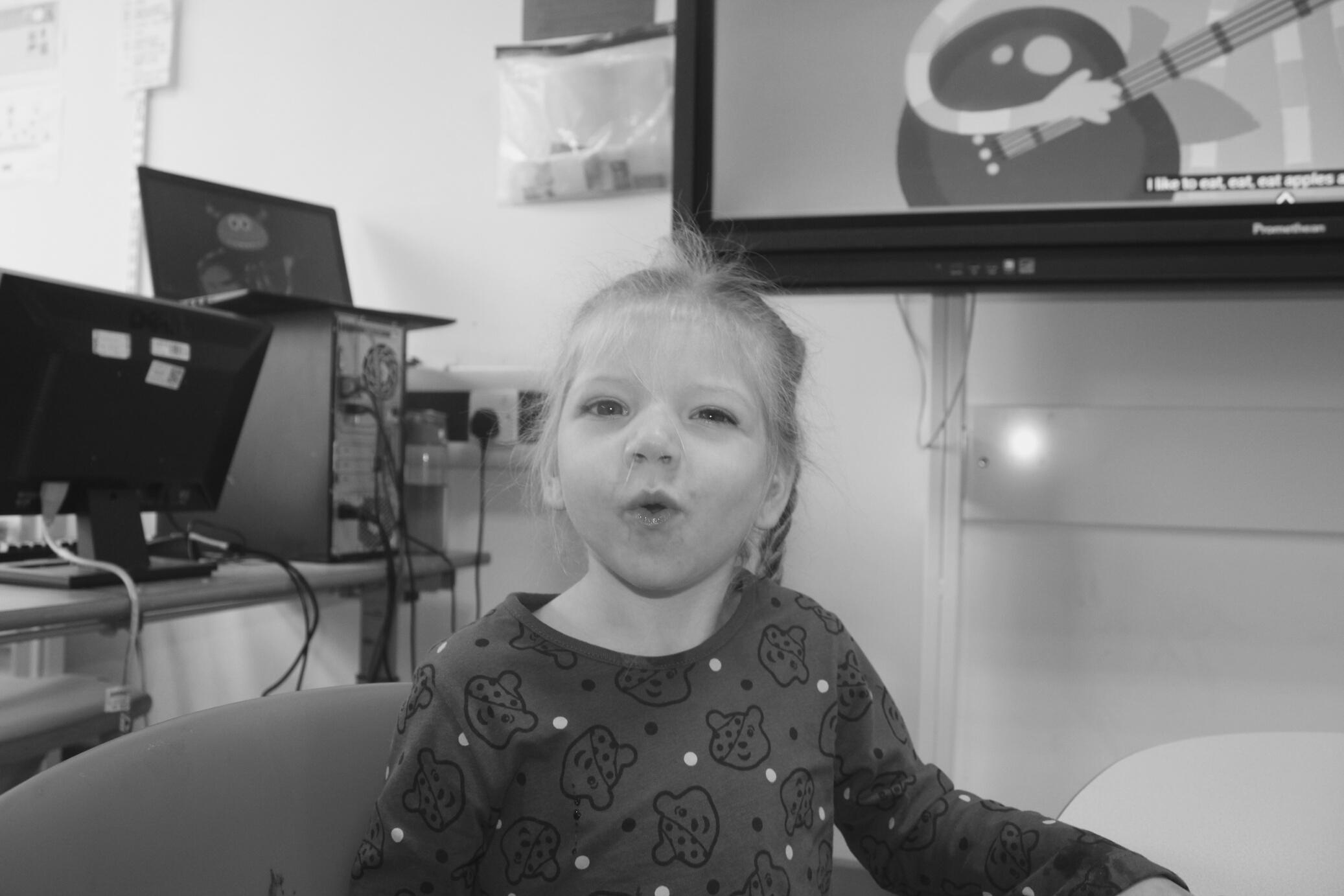
Our Facilities:
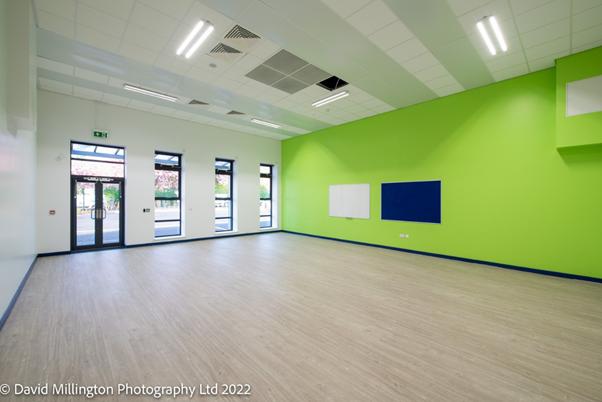
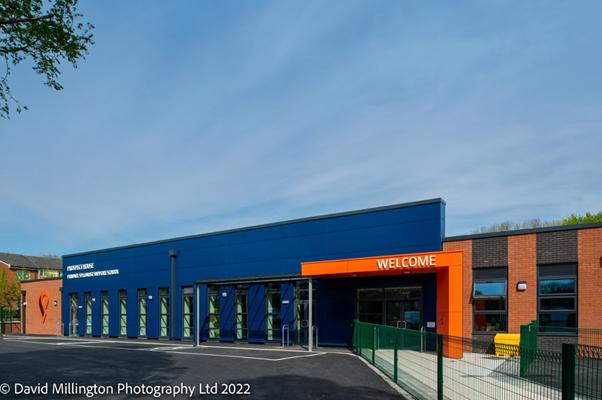
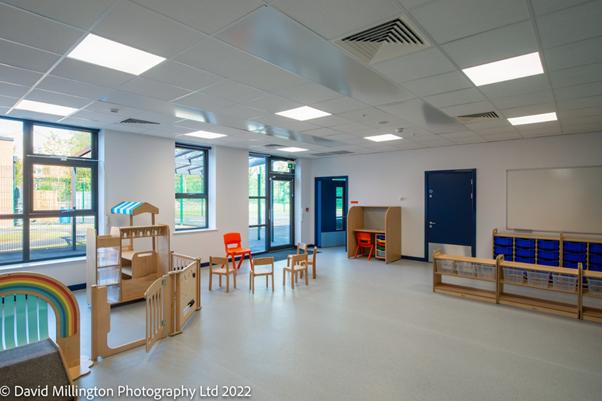
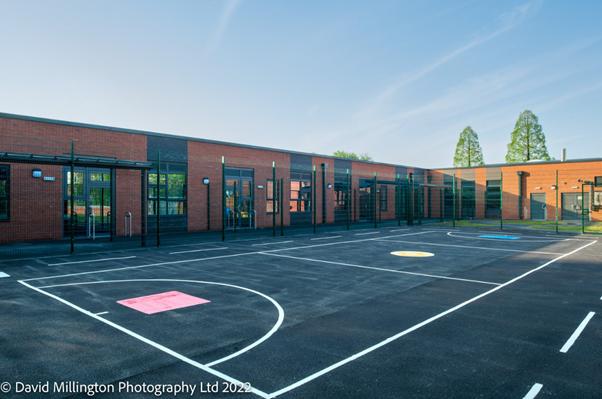
Our Facilities:

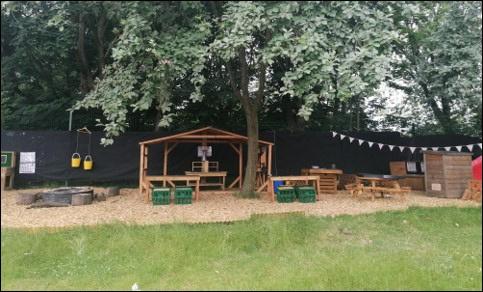
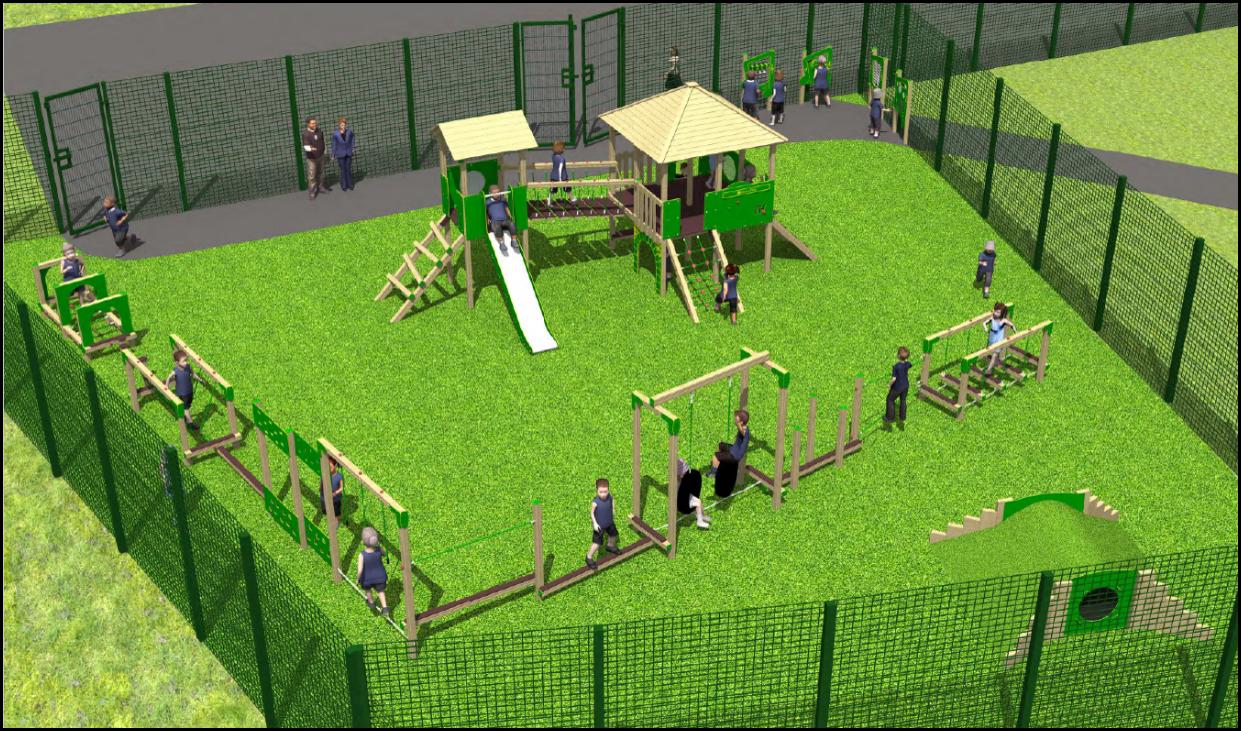
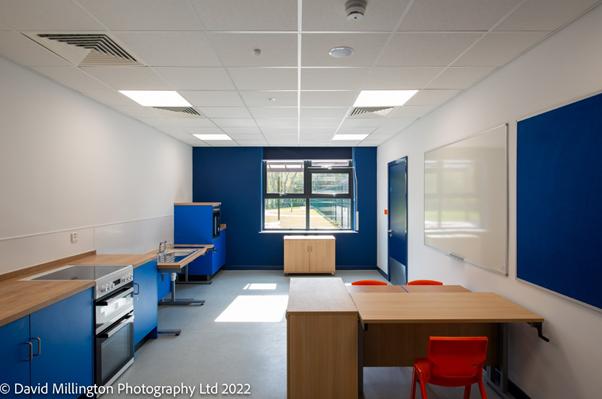
Our Facilities:
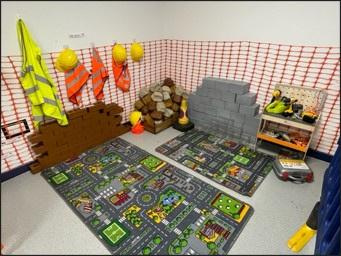
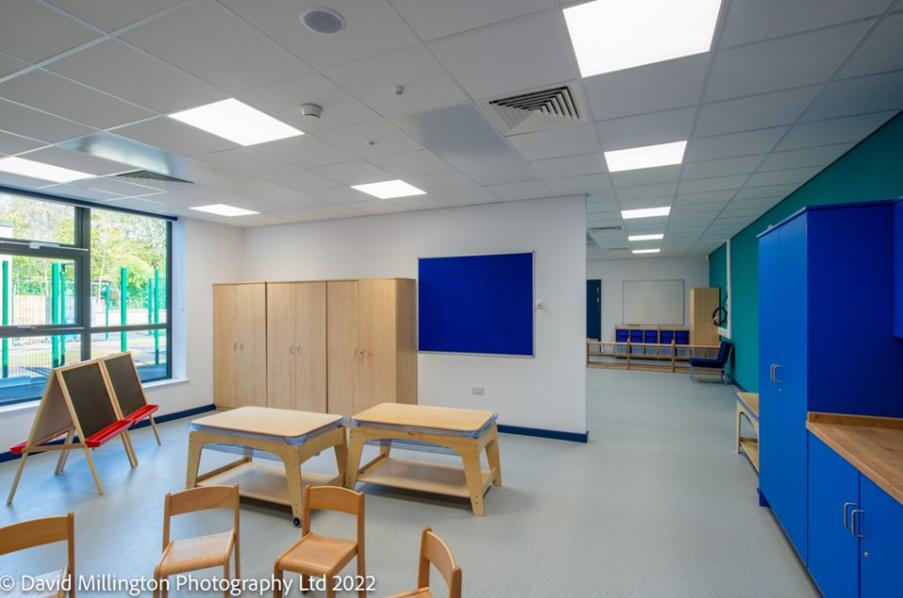
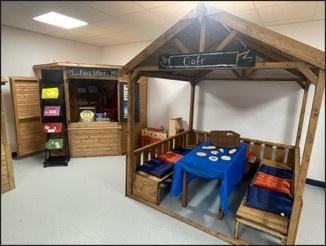

Our Facilities:

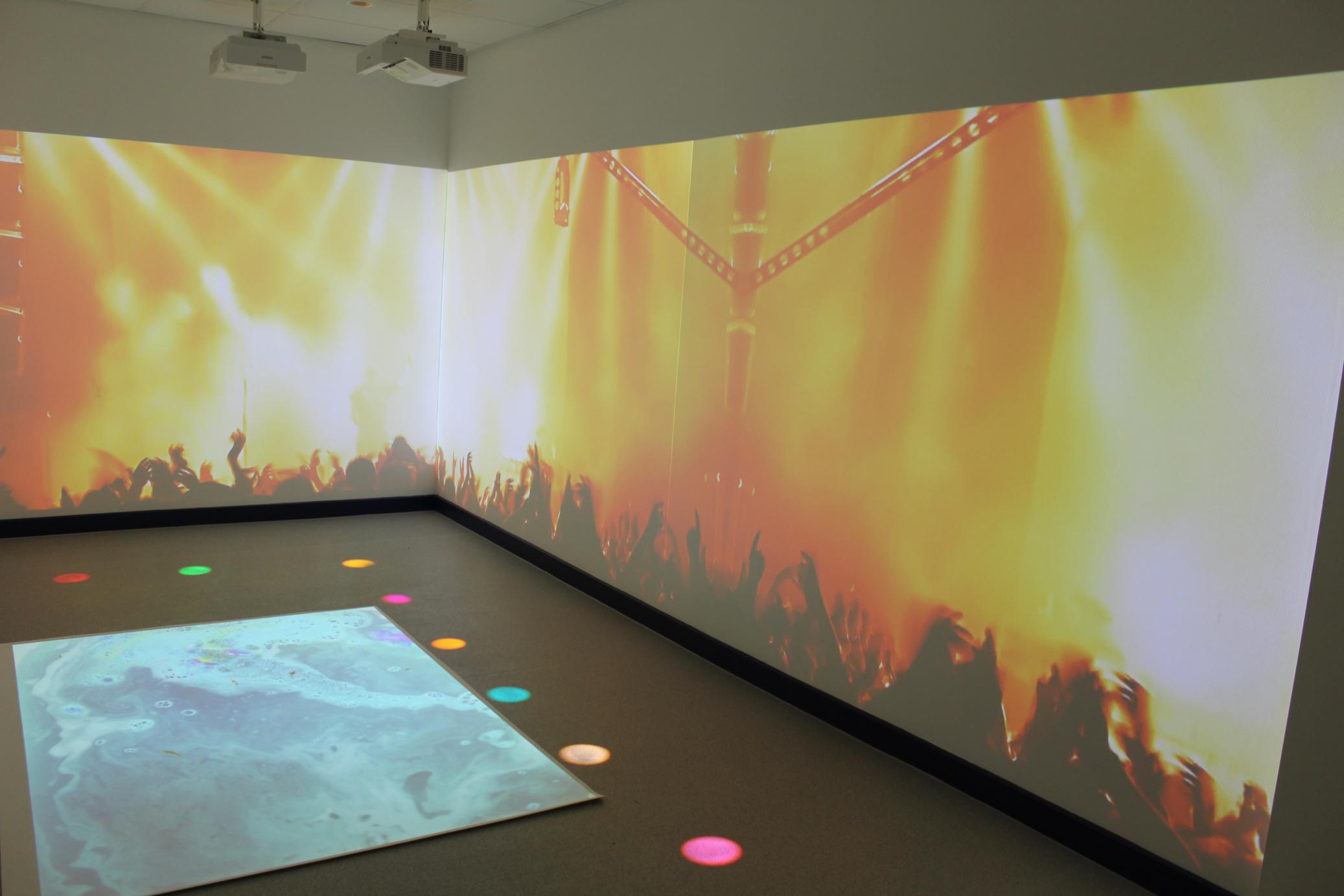
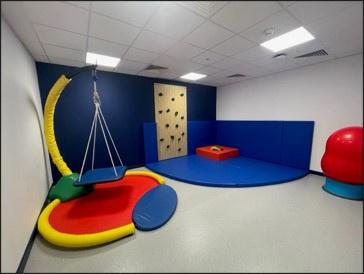
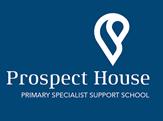
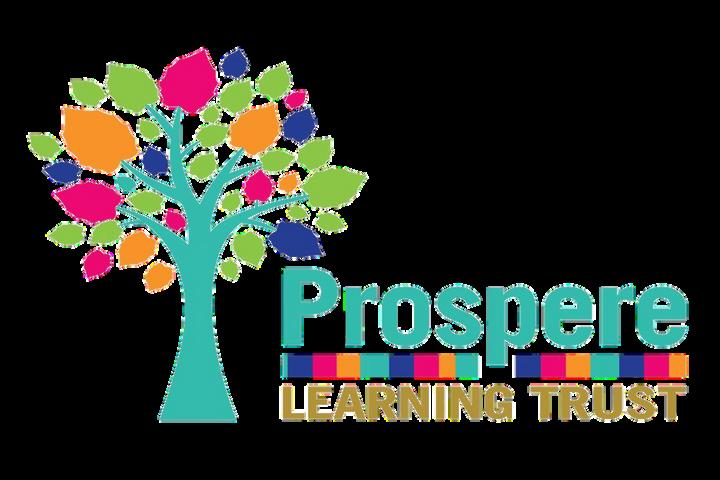
Prospect House Specialist Support Primary School Bank House Road Higher Blackley Manchester M9 8LT www.prospecthouse.school @prospecthouse
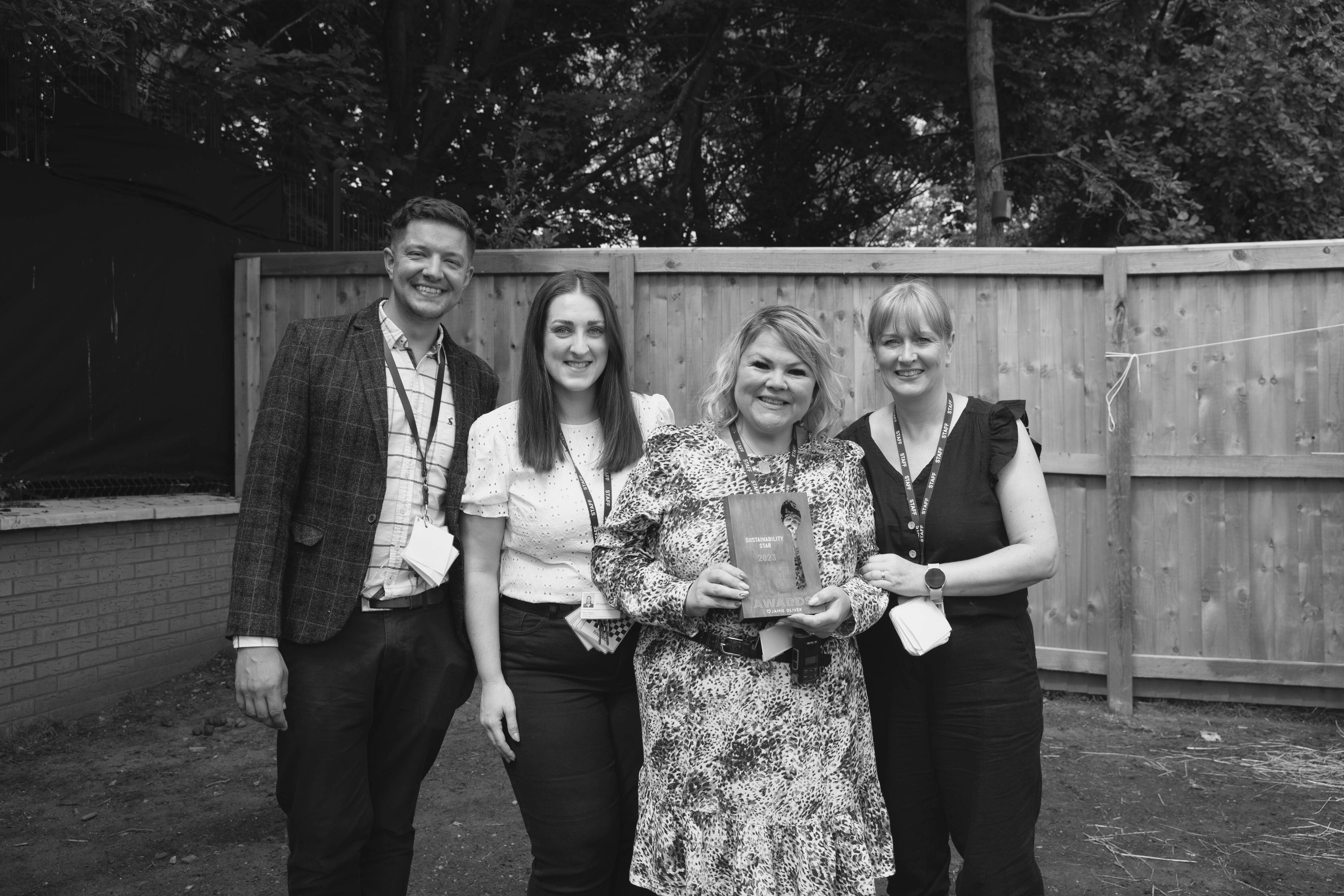
















 Example EYFS Timetable
Example KS1 Timetable
Example EYFS Timetable
Example KS1 Timetable

































